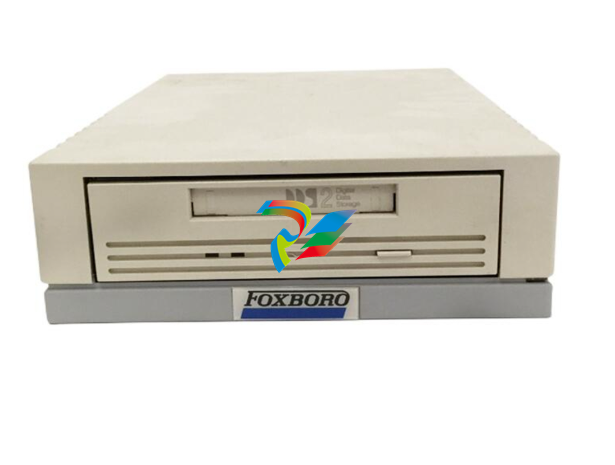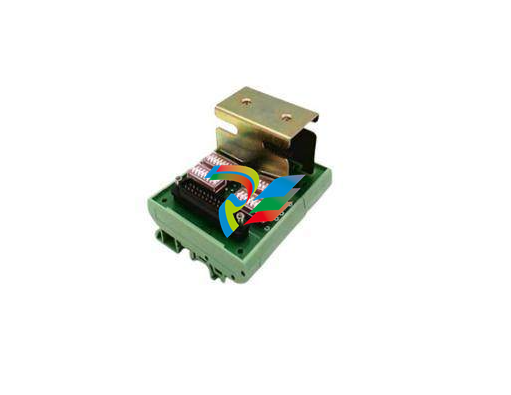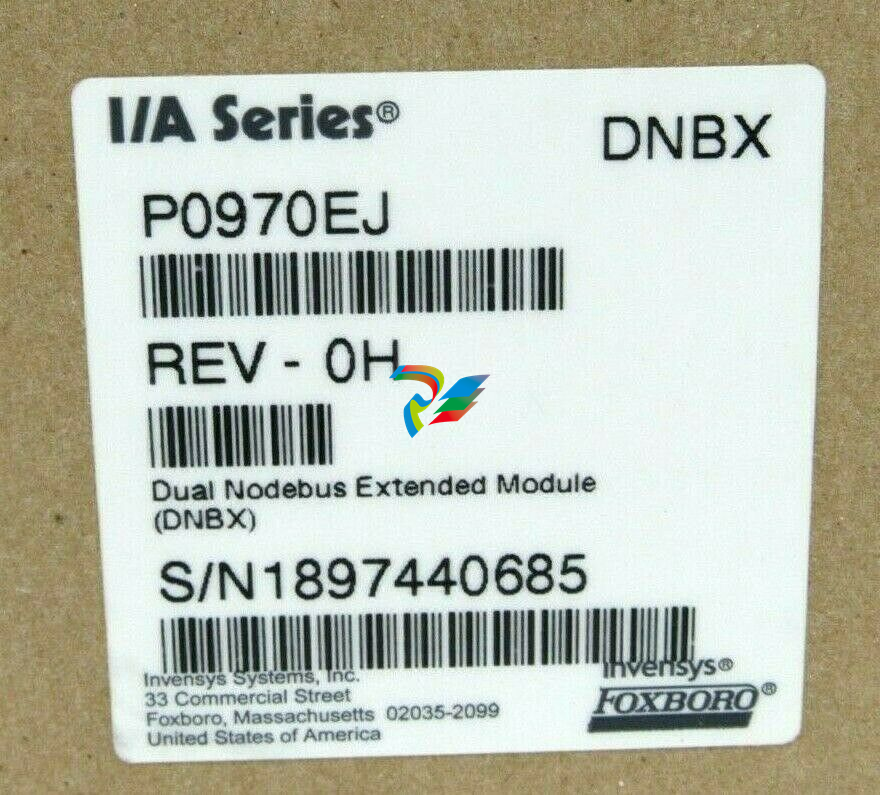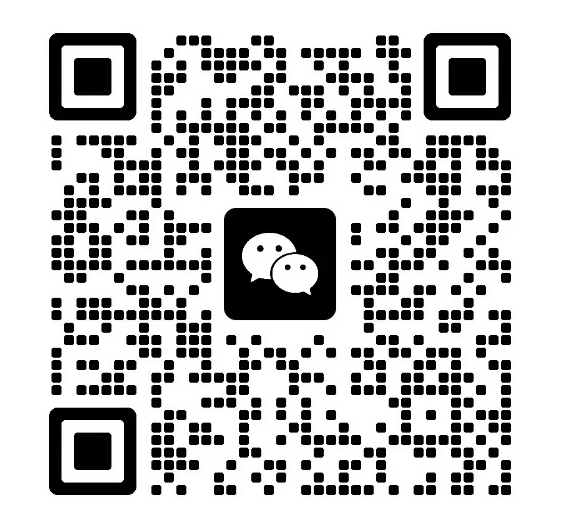
Behind the Toyota Supply Chain
As pioneers of the just-in-time manufacturing system, Toyota Motor Corporation has been a leader in the automotive industry for decades. The global brand’s aversion to waste of any kind remains a cornerstone of its ongoing success amid shifting market conditions and consumer preferences. Toyota has also gone against the grain when it comes to electric vehicles.
Many brands are expanding their EV lines, and some (like Jaguar) are going all-electric, leaving the internal combustion engine (ICE) behind. While Toyota sold a record number of vehicles in 2023, just 1% were EVs.
The automaker can attribute its success to various complementary factors, including its lean manufacturing principles, unwavering commitment to product quality, and resilient supply chain. Here’s a detailed breakdown of Toyota’s widely studied supply chain and what other vehicle manufacturers can learn from this often-emulated logistics network.

The Toyota Production System
Toyota’s supply chain operates on two foundational concepts that serve to minimize waste and promote lean production:
Just-in-time production (JIT)
“Jidoka,” which roughly translates to “automation with a human touch”
The company has long used robotics technology and automation to prevent defects and decrease its reliance on manual inputs. It has also reallocated human resources to more dynamic and creativity-driven tasks like product design, marketing, logistics, and research.
As for the JIT side of the equation, Toyota only makes what it needs when it needs it. The company watches the market closely and ramps up or scales back production volumes based on consumer demand. This approach reduces both waste and response times, thereby improving the customer experience.
Pillars of the Toyota Supply Chain
In addition to concepts like JIT and jidoka, the automaker has built its supply chain on several other key principles, including localization, adaptability, and strategic supplier partnerships.
1. Localization
While Toyota’s supply chain has a complex global footprint, organizational leaders have managed to strike a balance through localization. This involves setting up manufacturing plants in key markets around the world. Localization reduces transportation costs and lead times while enabling the company to adapt its products to meet local tastes and regulatory requirements.
2. Adaptability
Toyota’s supply chain is designed for resilience and adaptability, which allows it to respond swiftly to crises and market changes. For example, during the 2011 earthquake and tsunami in Tohoku, the automaker quickly adjusted its production and sourcing strategies to minimize disruptions.
Similarly, Toyota has been proactive in addressing the challenges posed by the global semiconductor shortage, leveraging its strong supplier relationships and flexible production system to mitigate the impacts.
3. Strategic Supplier Partnerships
Rather than relying on short-term transactions, Toyota has built a partnership infrastructure that prioritizes long-term, mutually beneficial relationships.
The company invests heavily in its suppliers, offering technical and financial support to ensure that they can meet its strict quality and delivery standards. These strategic partnerships are founded on trust and continuous improvement, with an emphasis on sharing information, reducing costs, and increasing efficiency across the supply chain.
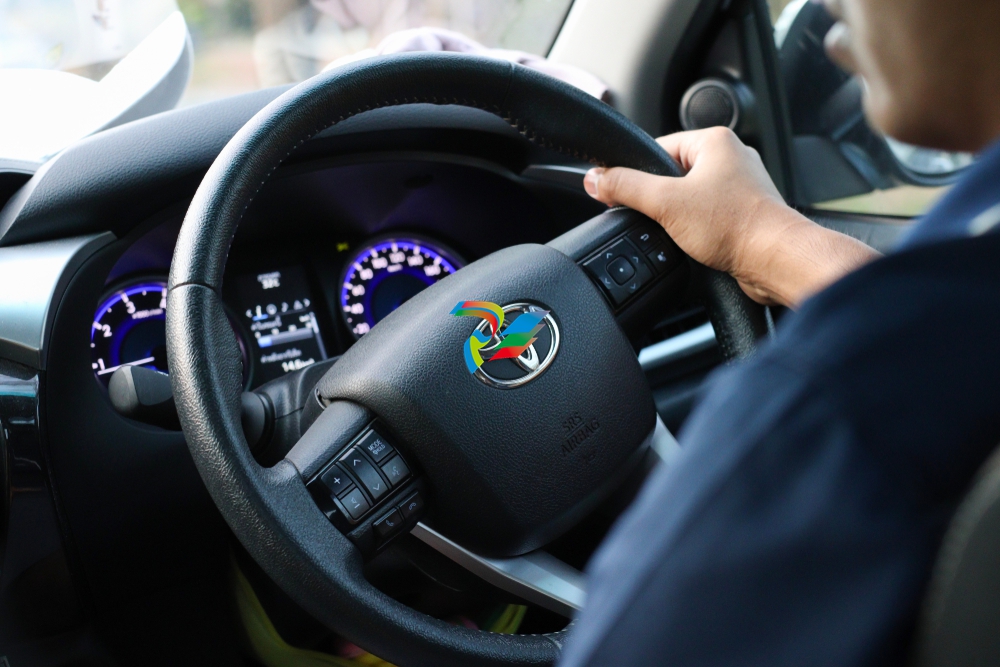
Toyota’s Future
The Japanese automaker honors tradition in its business practices but has also shown a willingness to embrace new ideas, concepts, and technologies. As such, the company’s future is incredibly bright, thanks largely to four specific endeavors.
1. Combustion Engine R&D
Over the last several years, the electric vehicle market has grown at a rapid pace. According to the Yale School of the Environment, one in five new cars sold globally will be an EV this year. So why has one of the world’s largest and most successful automakers remained conservative on their electric vehicle investments?
Earlier this year, Chairman Akio Toyoda finally shed some light on the company’s decision to focus on combustion engines. He believes pure electrics will never exceed 30% of the market share for new vehicles. These public statements mirror the company’s stance that “battery EVs can’t be the sole solution to achieve carbon neutrality.”
The brand’s investments align with its public stance, as it has recently made new investments in ICE R&D, including a major engine development project.
Additional Reading
2. Artificial Intelligence Designs
Around mid-2023, Toyota announced that it would begin using artificial intelligence (AI) to improve automotive design. The practice in itself isn’t new, but the way Toyota has woven AI into its design process is.
The company’s designers are incorporating engineering constraints and initial design sketches into the process. AI tools use these insights to reduce the number of design iterations necessary to create a functional prototype. The hope is that these tools will speed up production, reduce waste, and lead to more efficient vehicles.
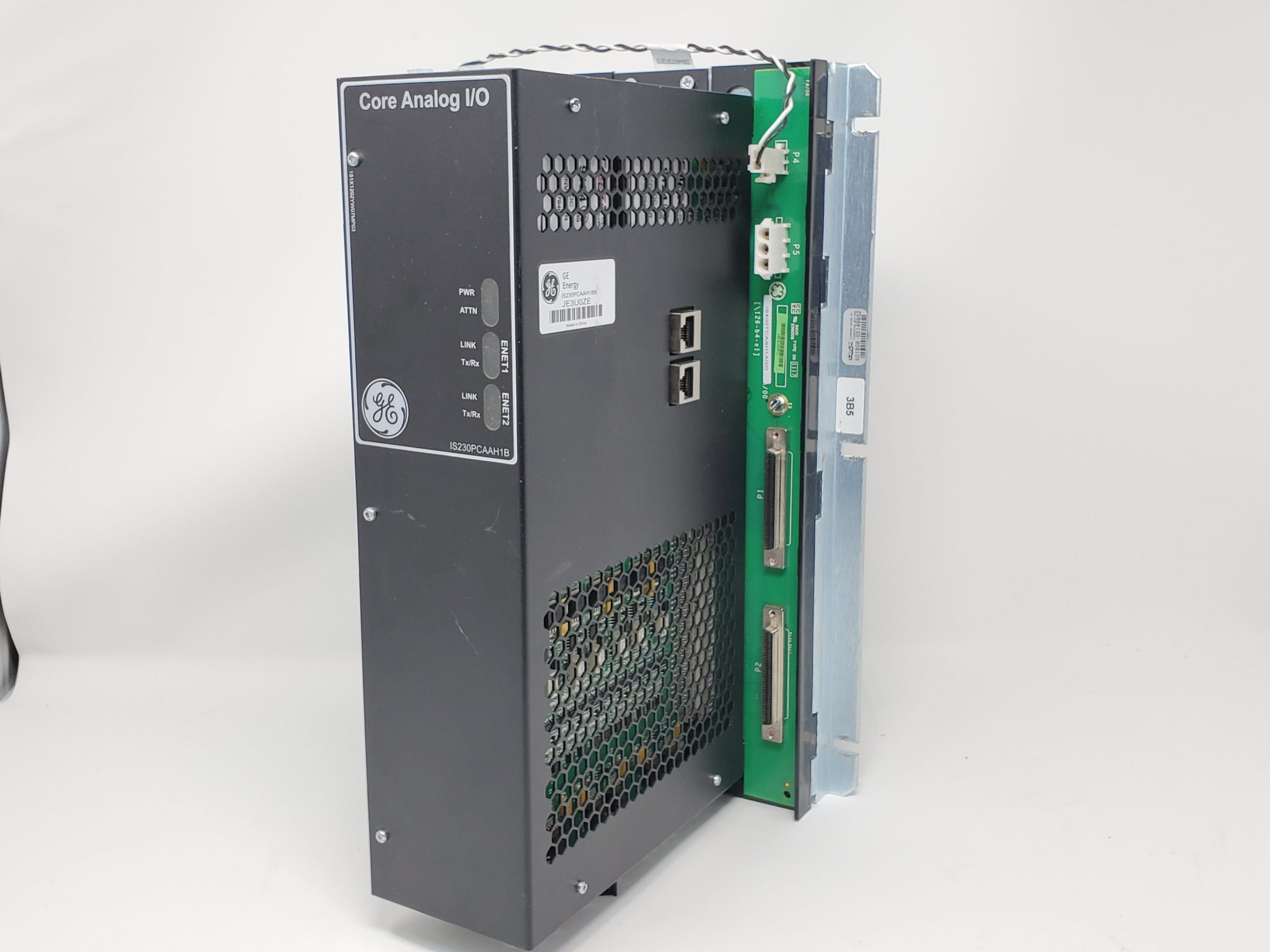

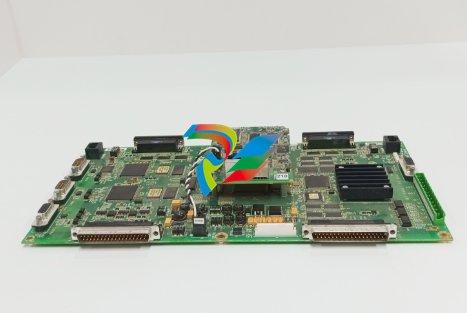
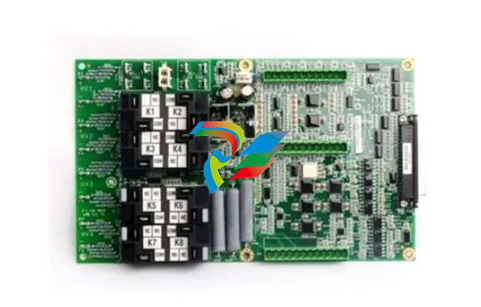
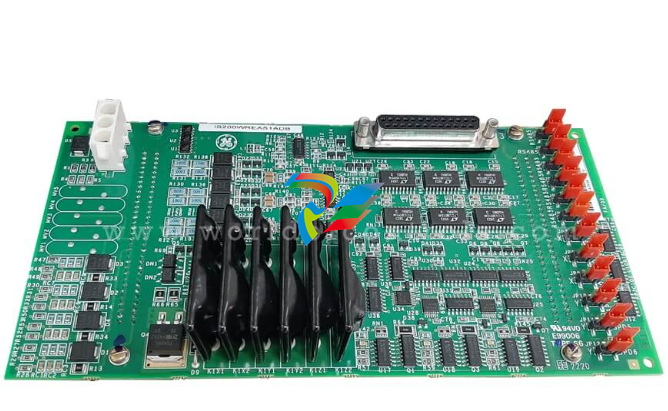
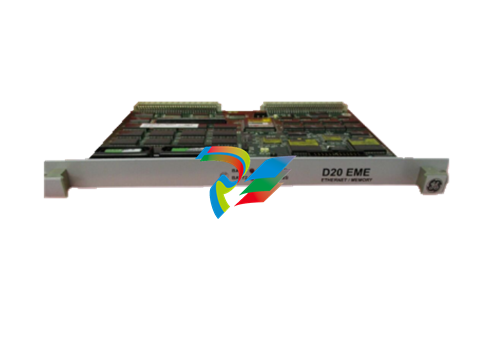
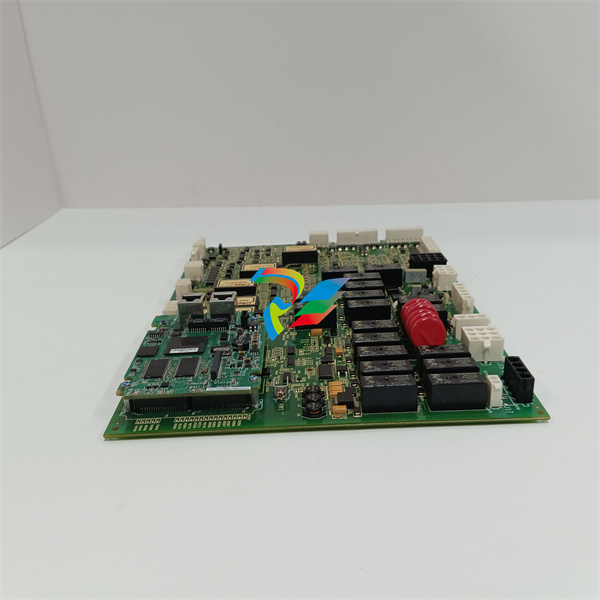
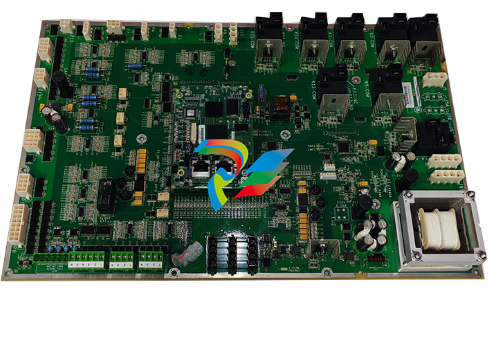
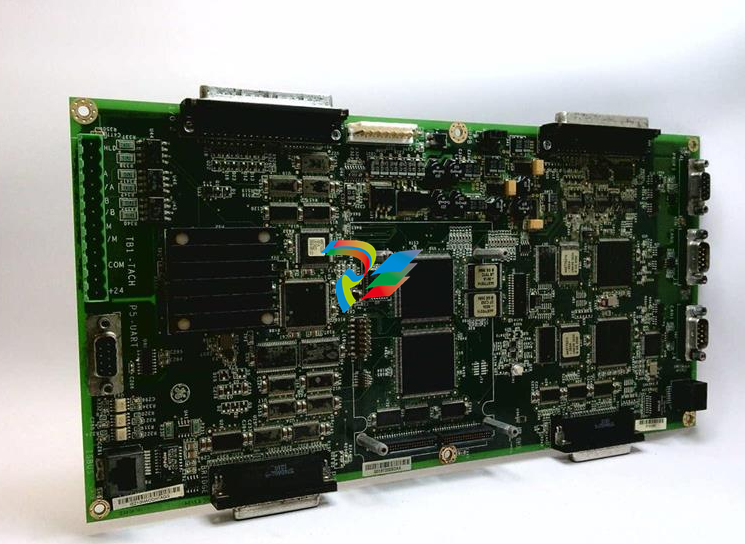
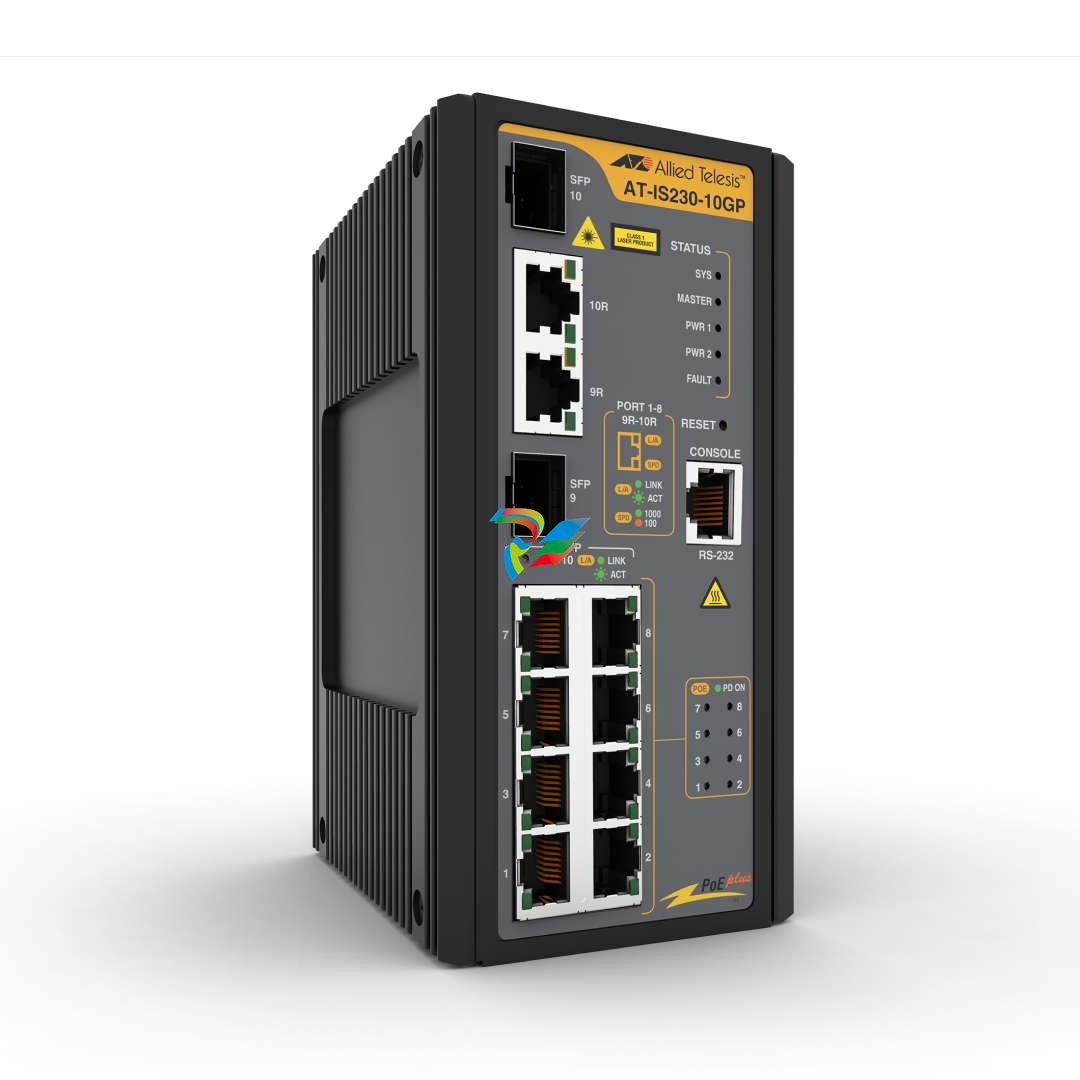
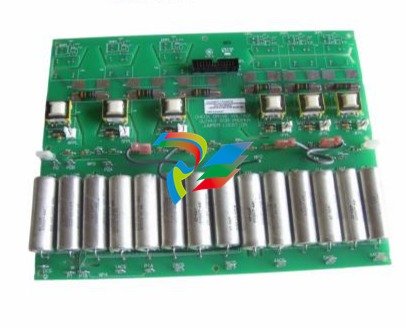
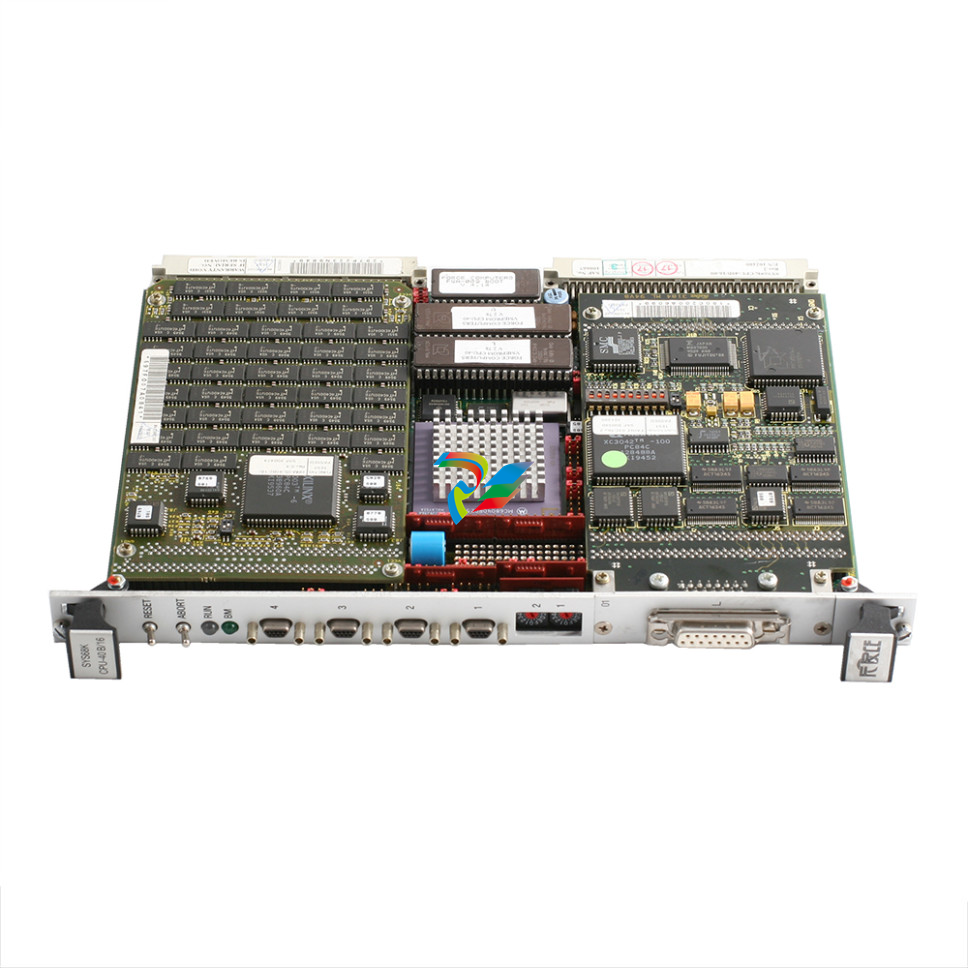
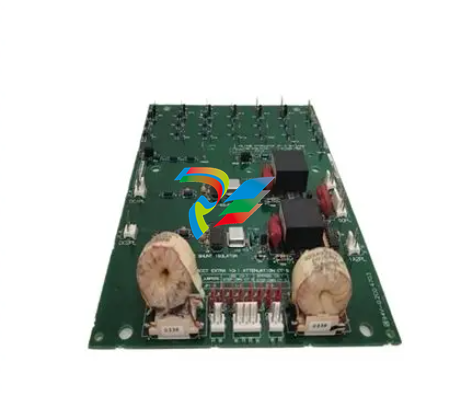
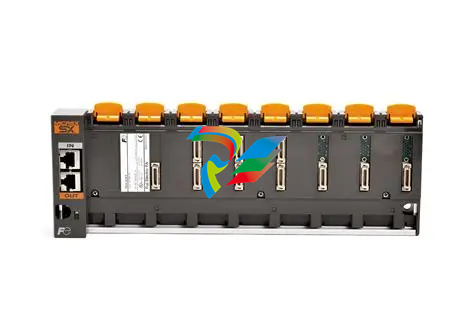
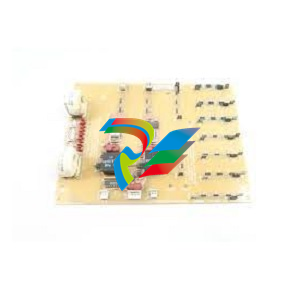
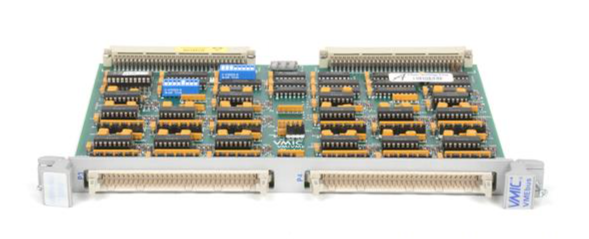
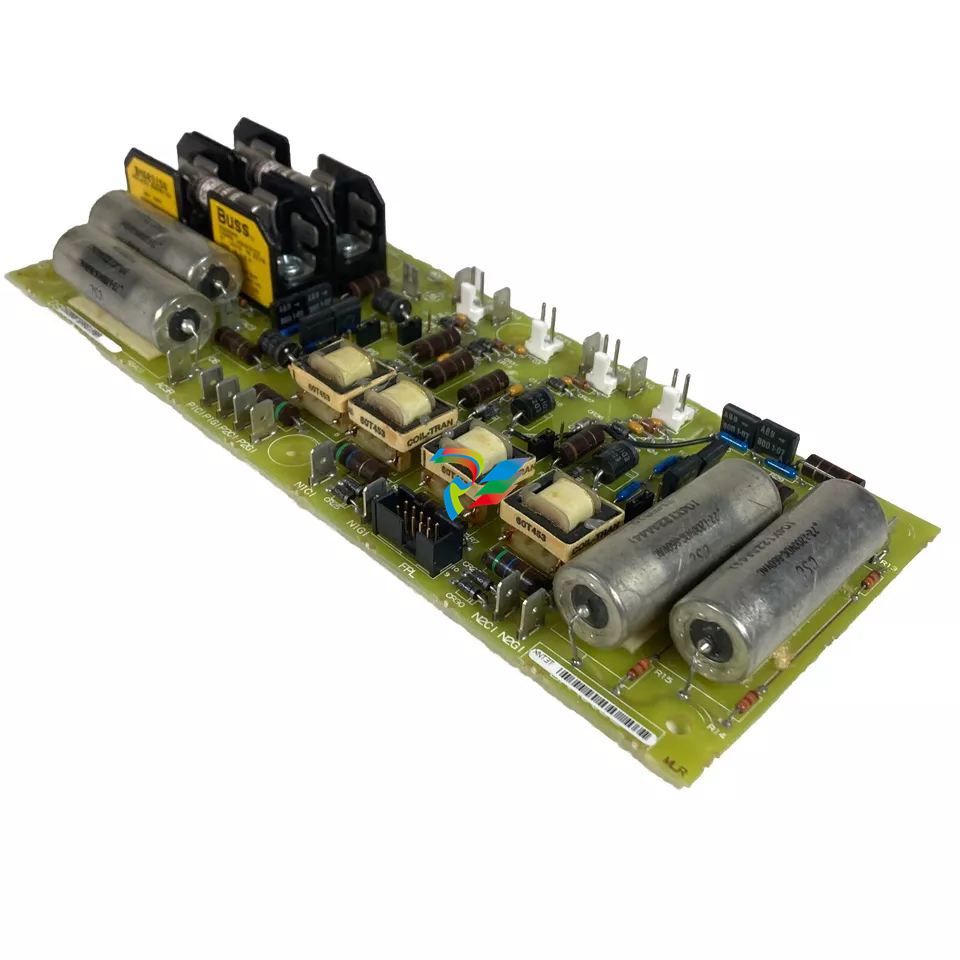
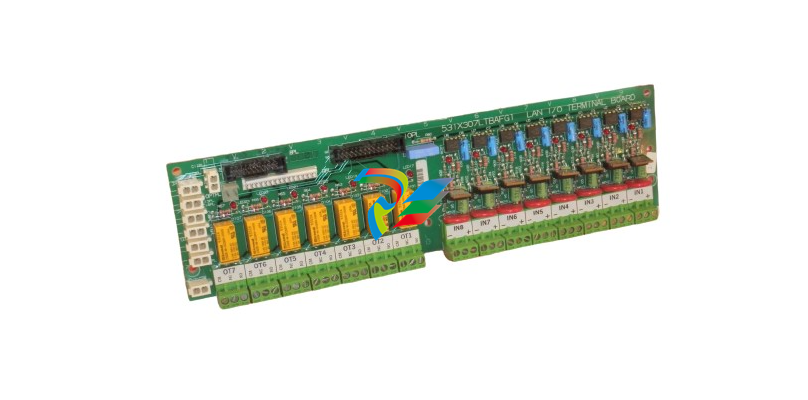


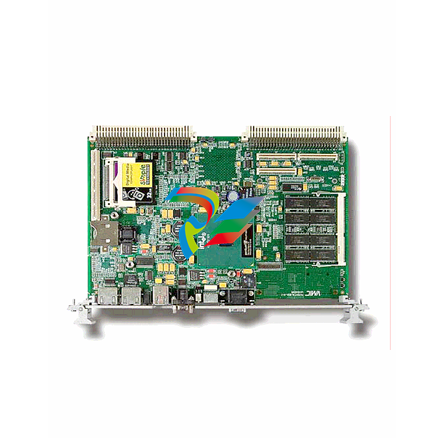
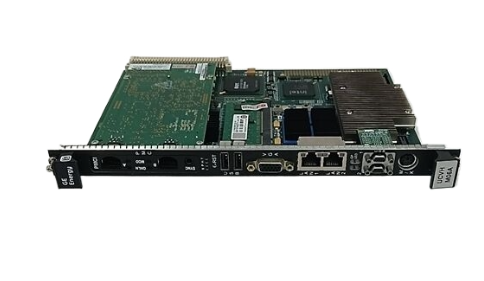
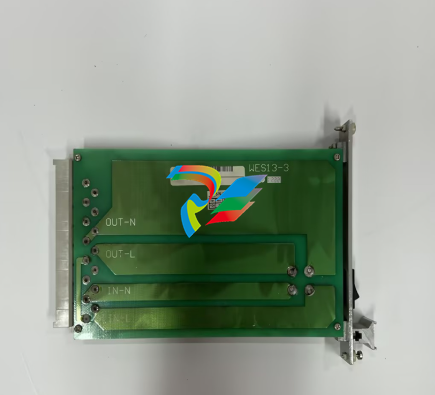
.jpg)
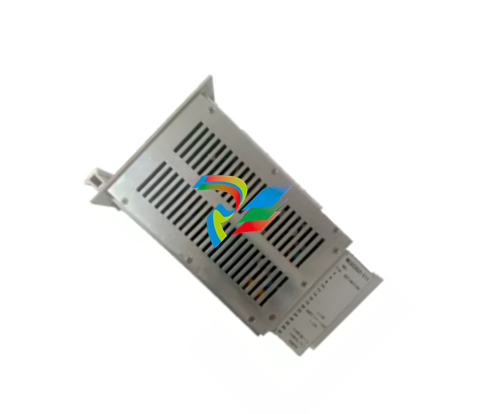
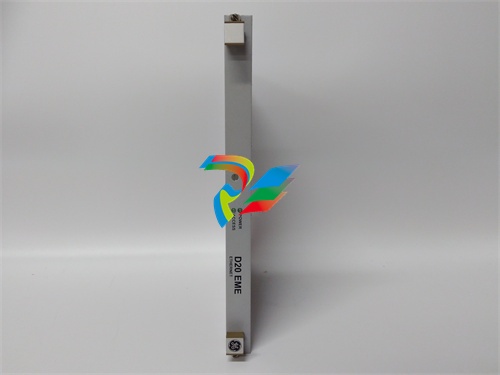
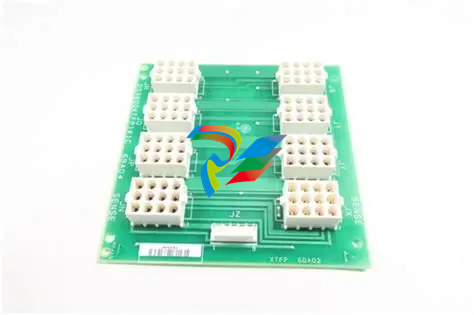
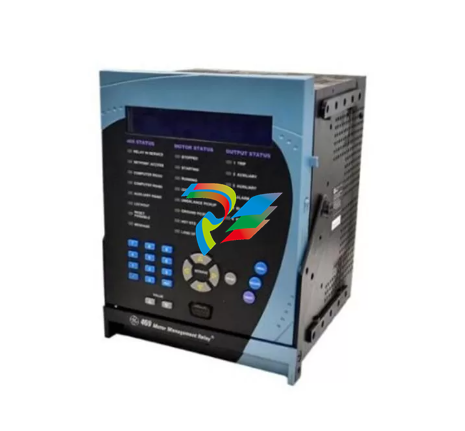
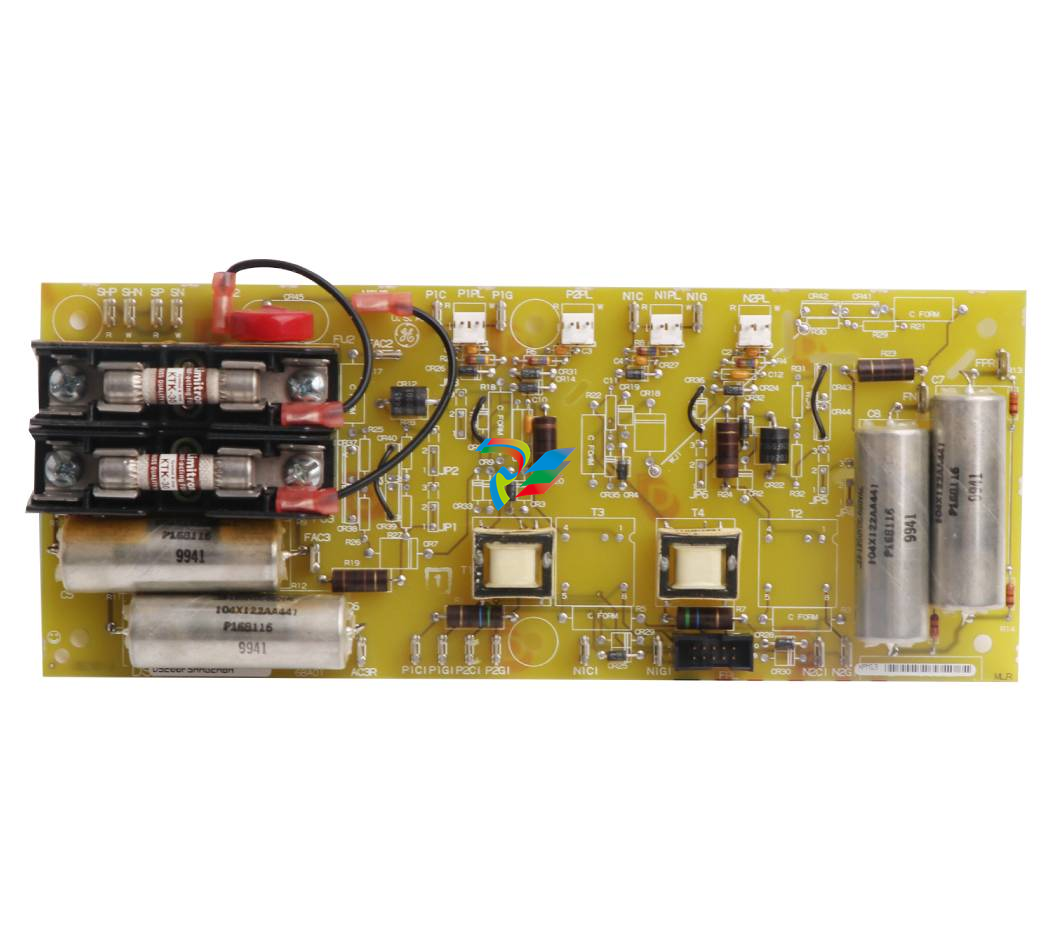
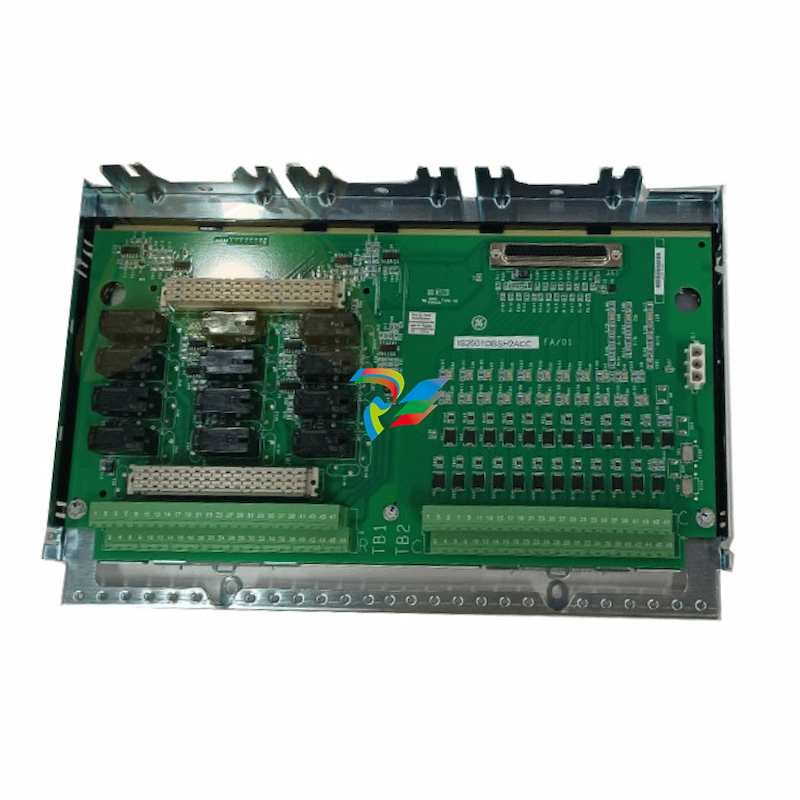
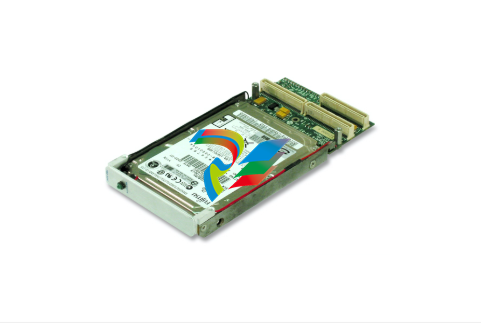
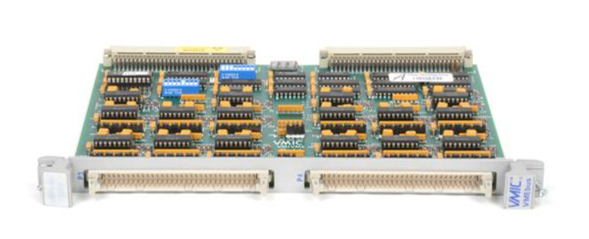
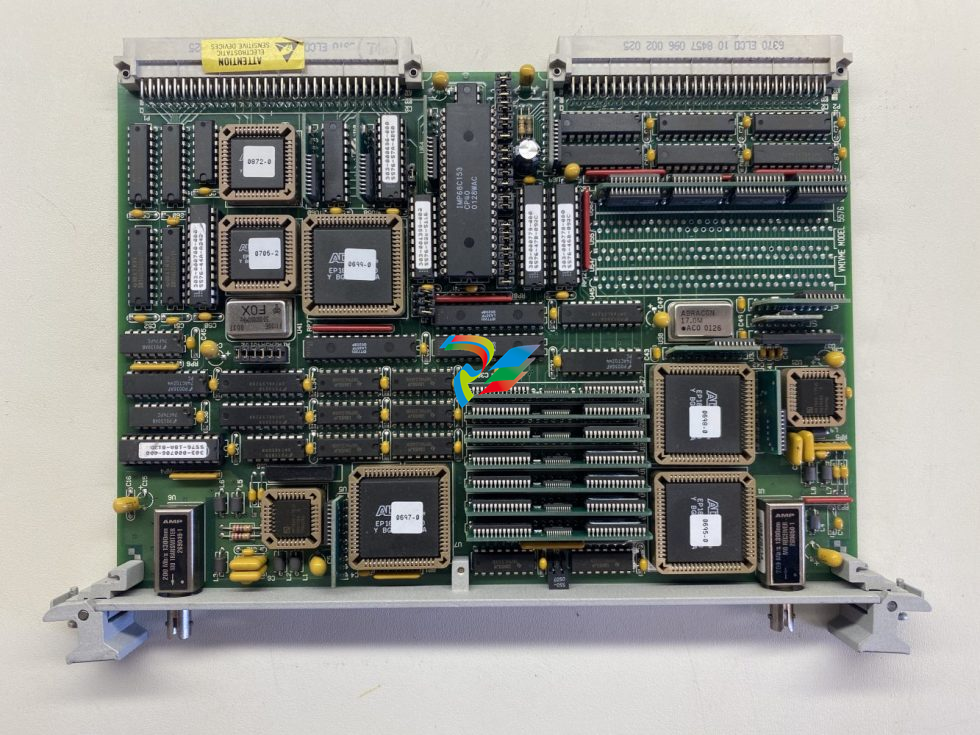
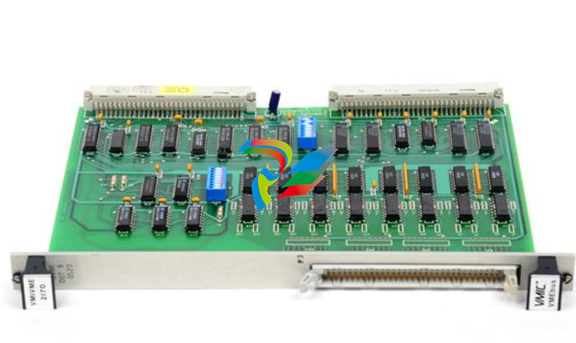
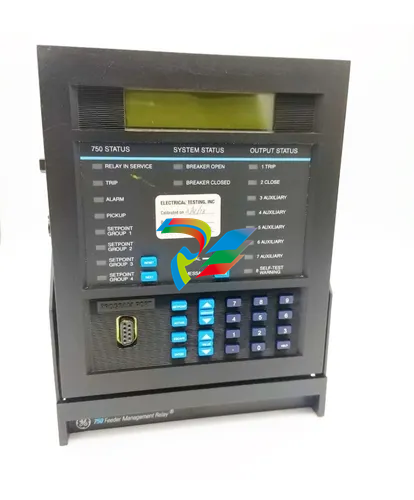
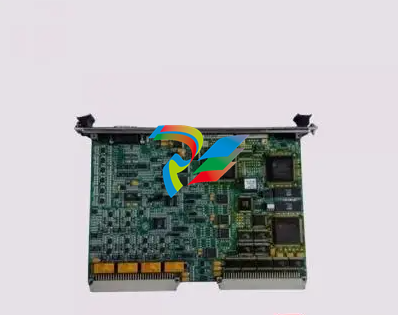
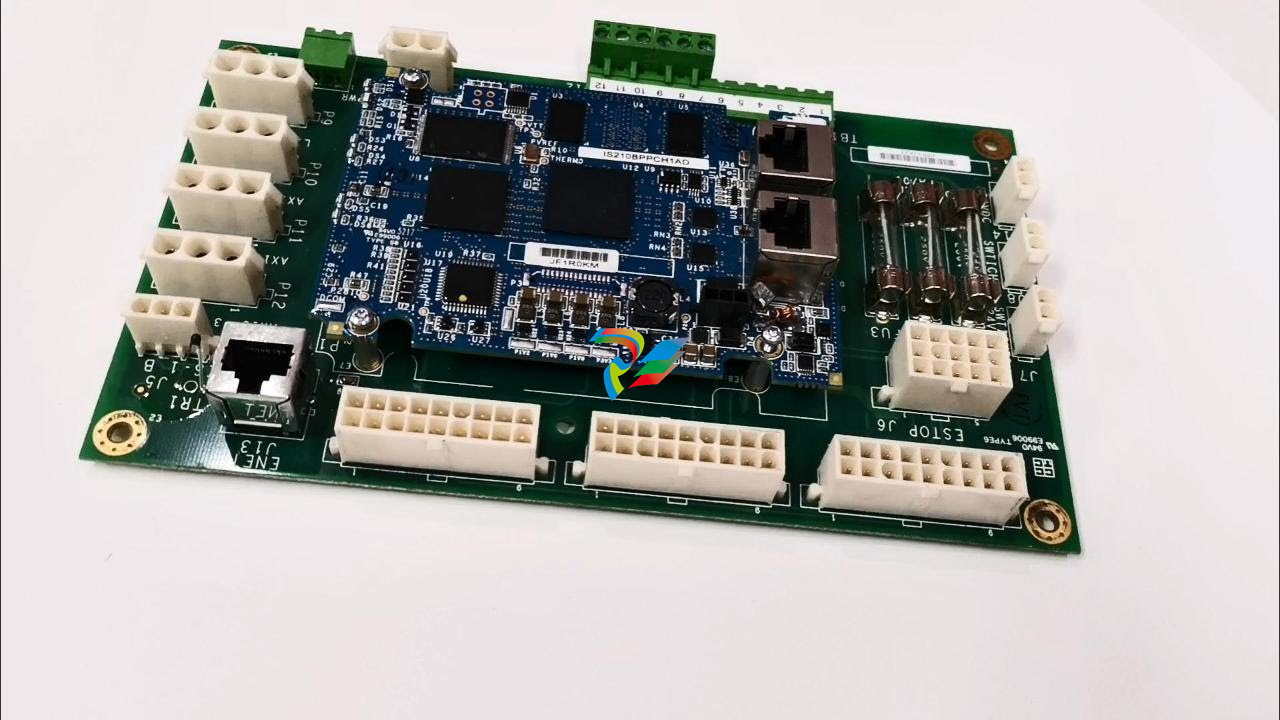
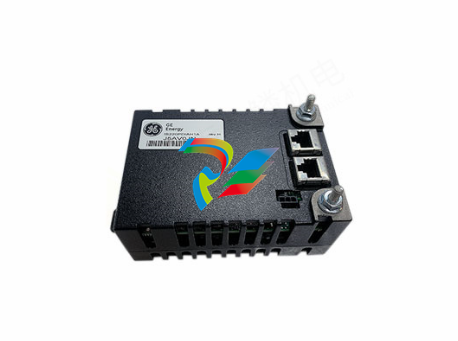
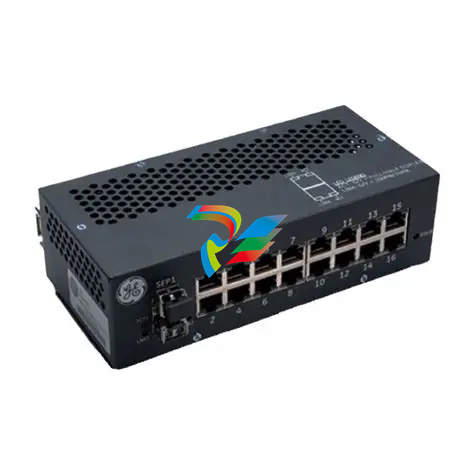
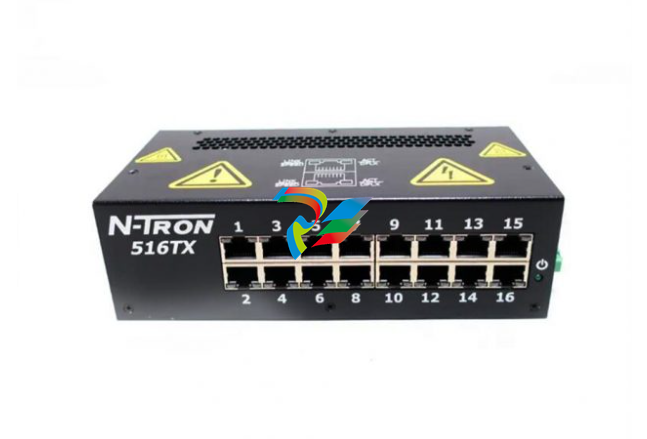
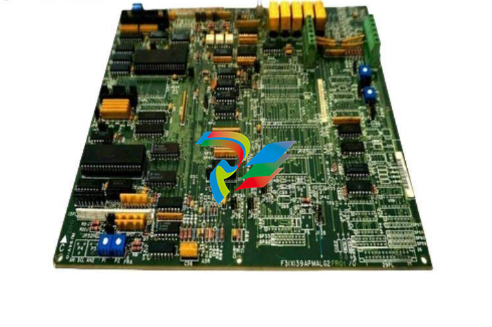
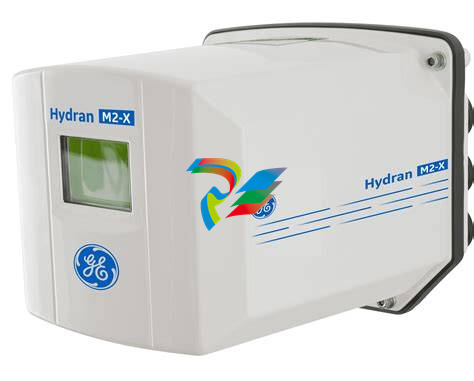
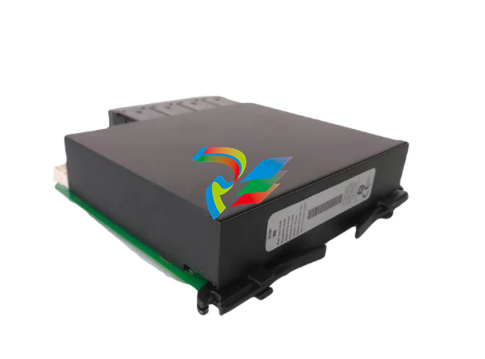
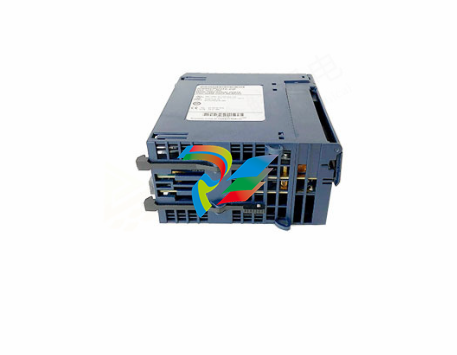
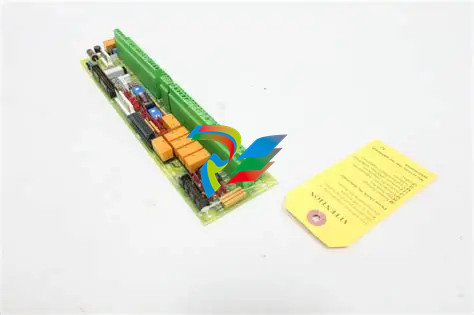
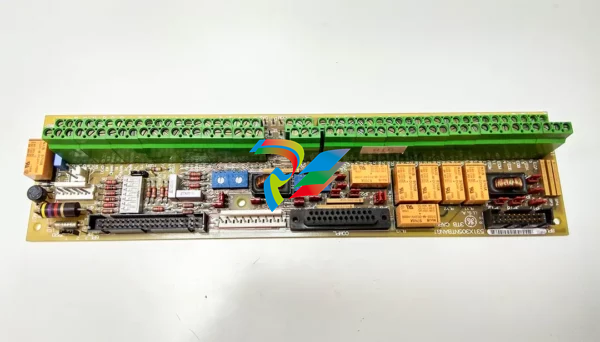
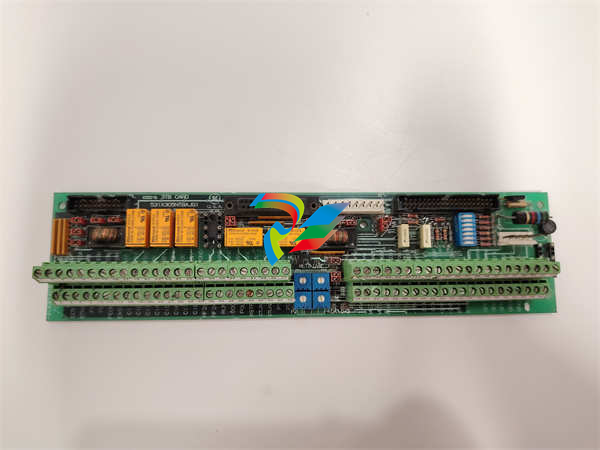
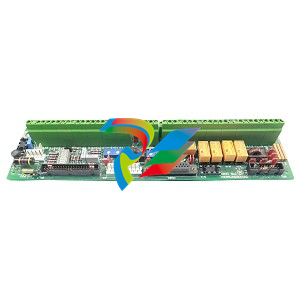
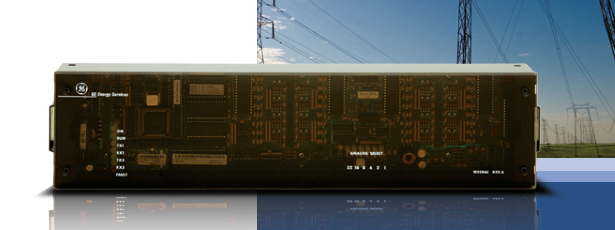
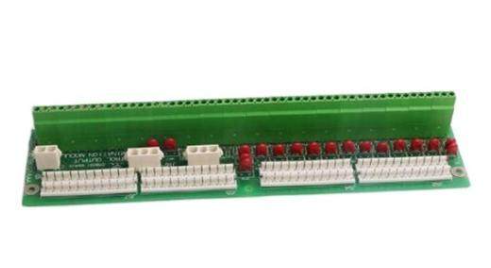
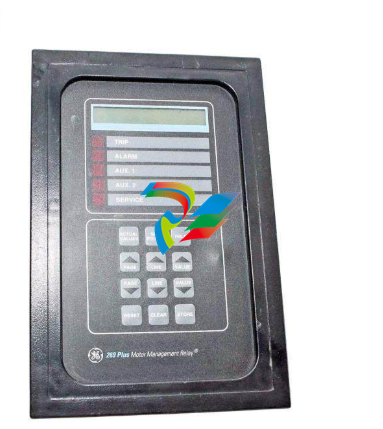
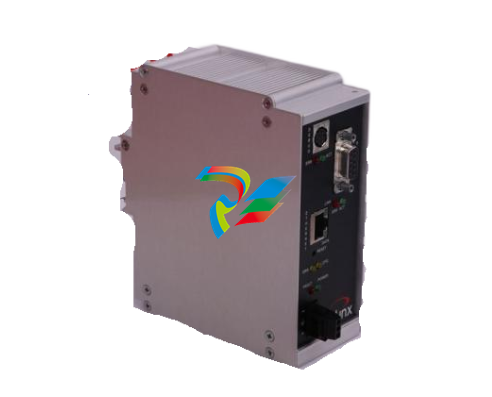
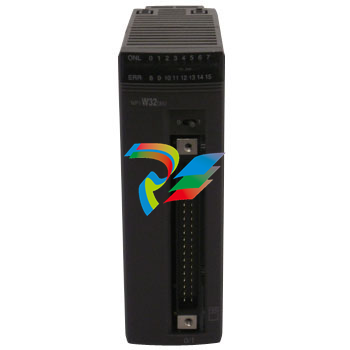
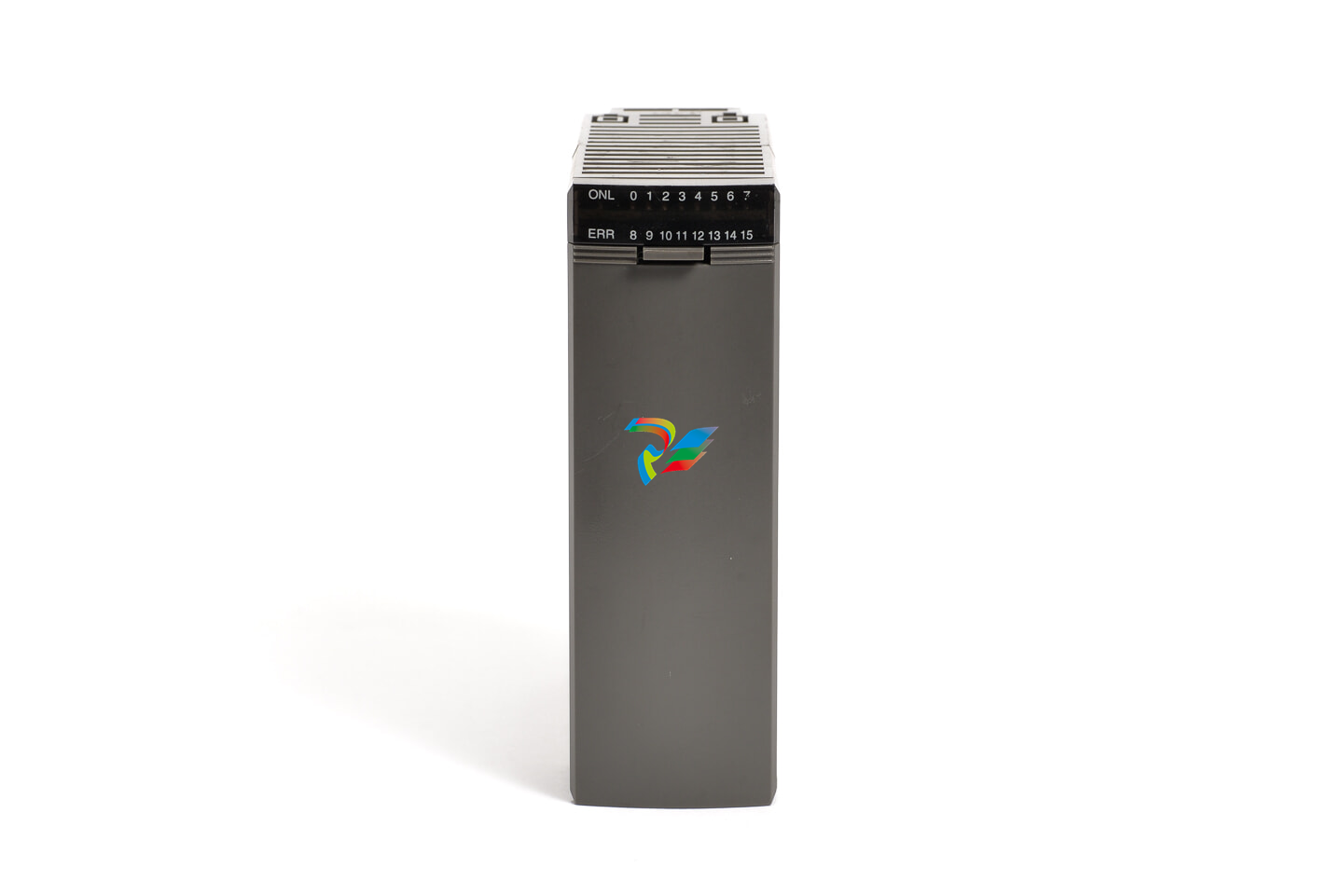
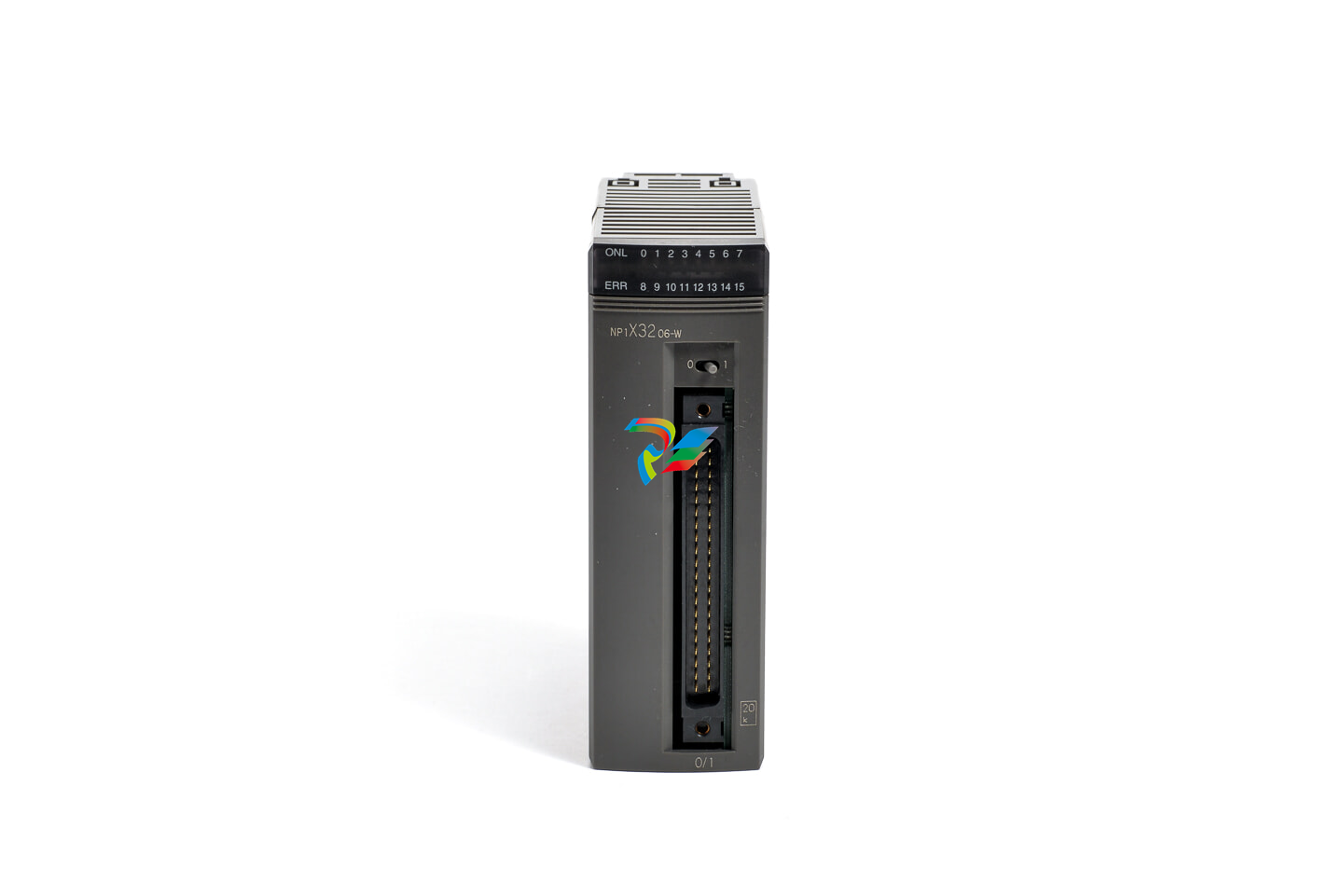
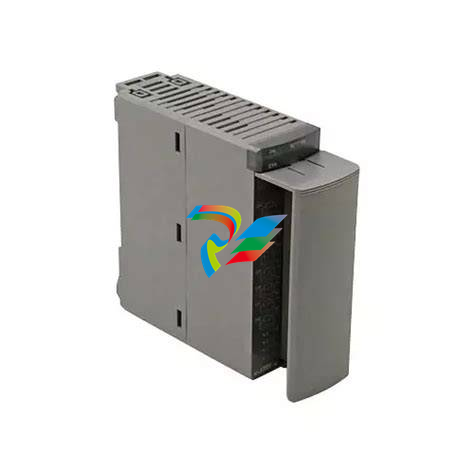
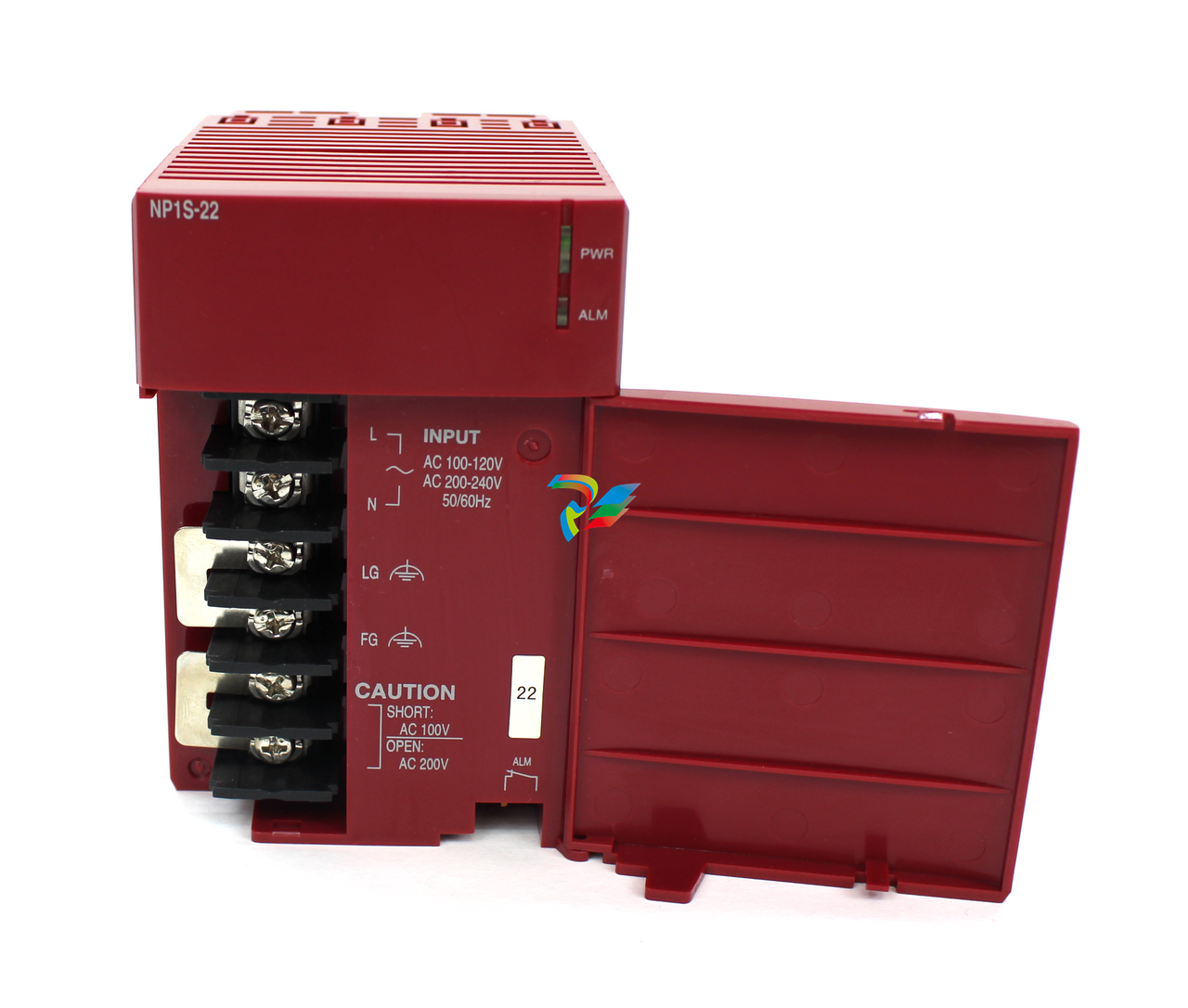
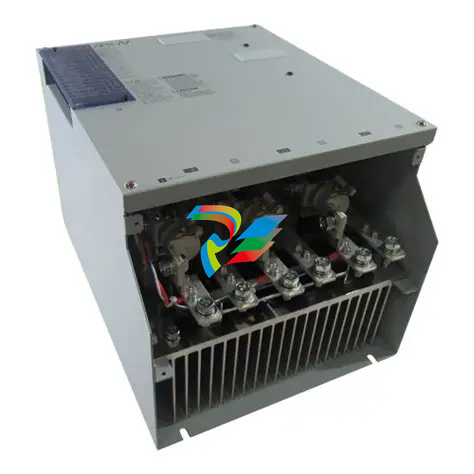
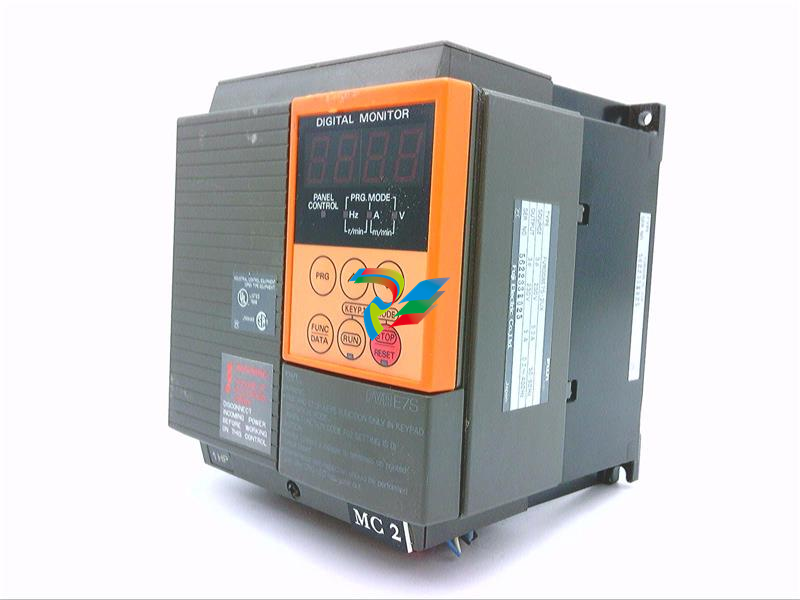
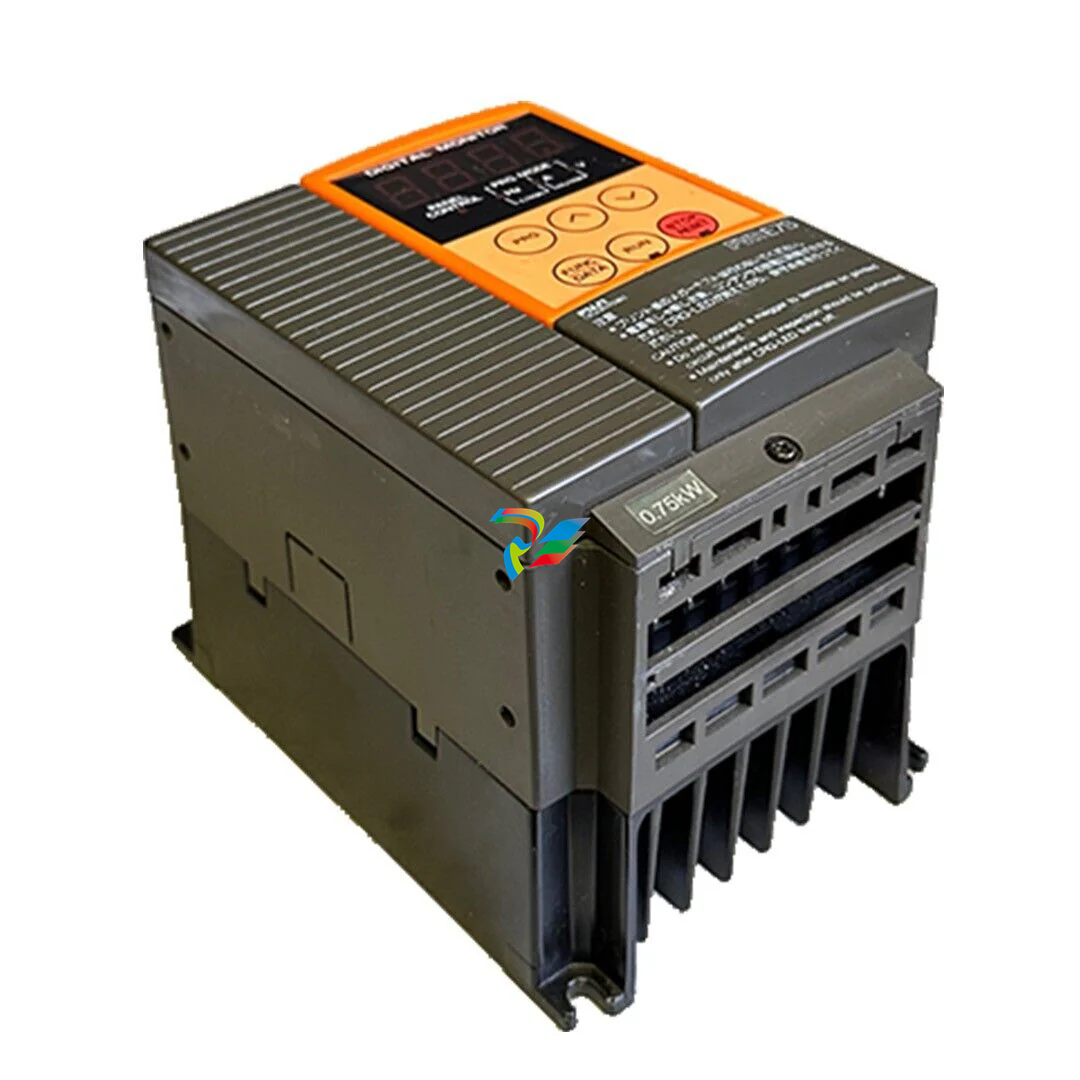
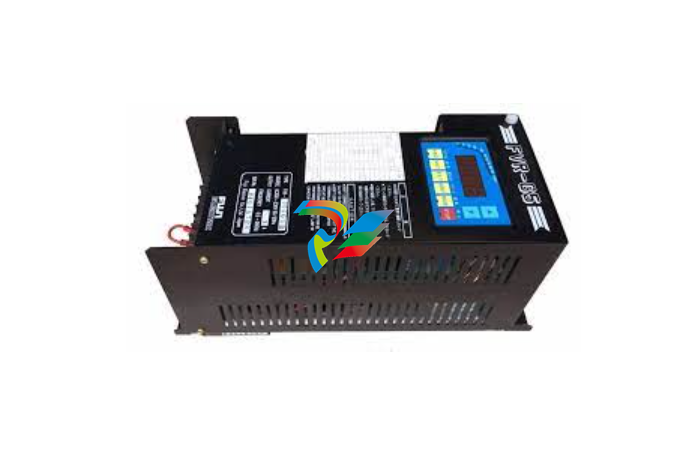
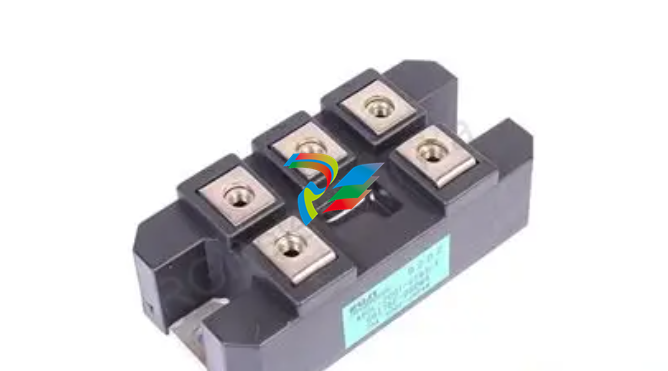
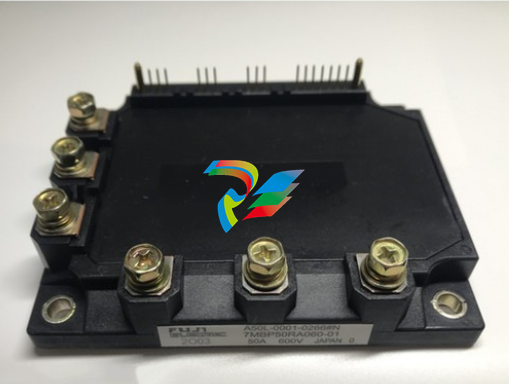
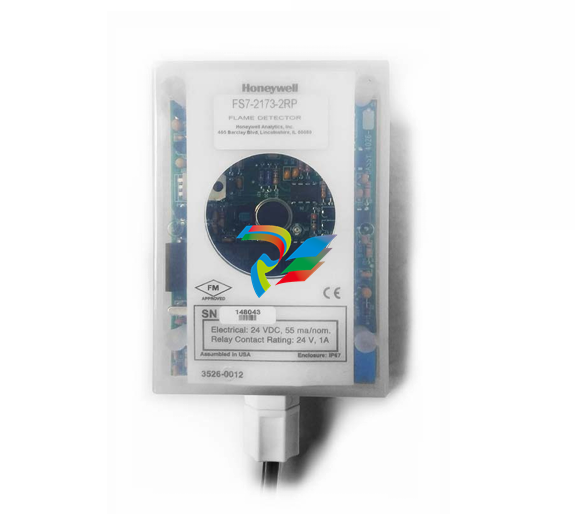
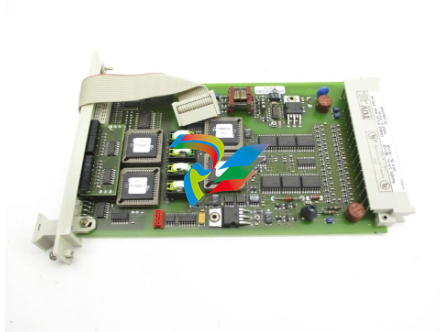
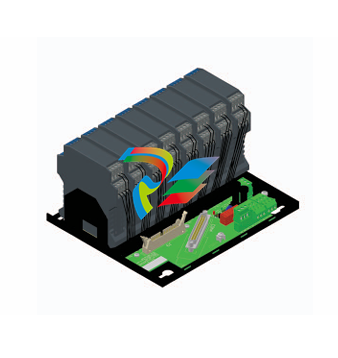
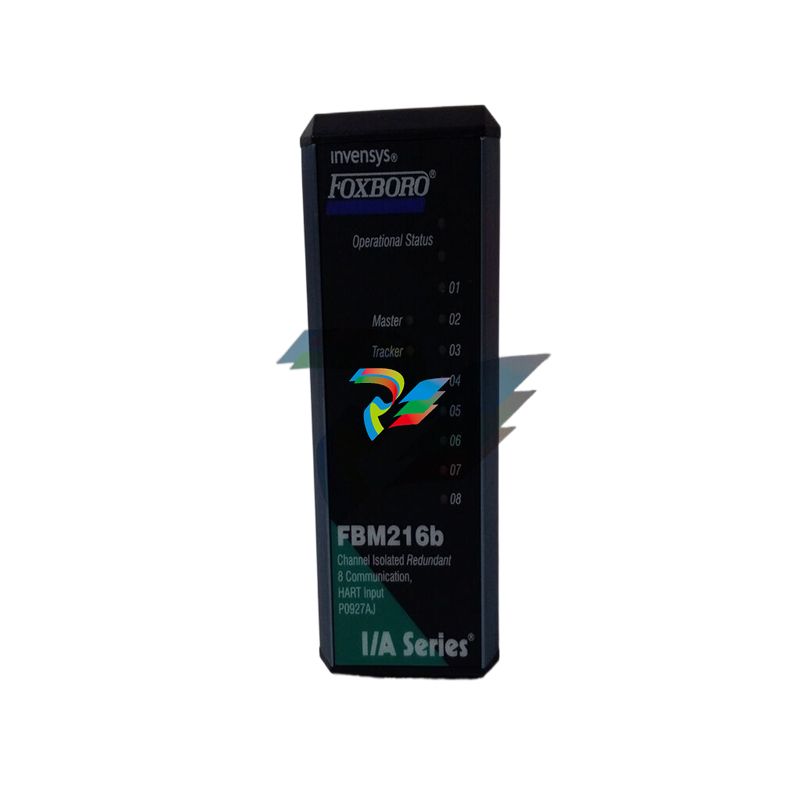
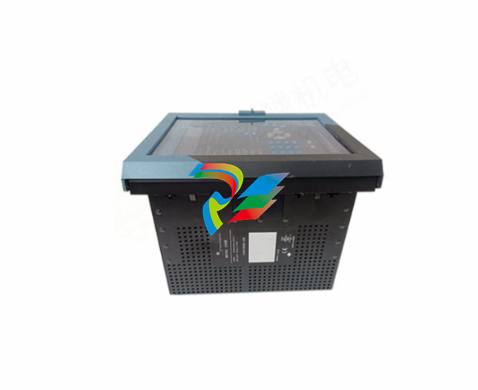
.jpg)
.jpg)
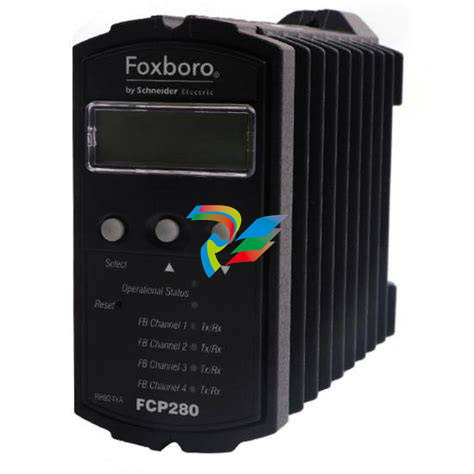
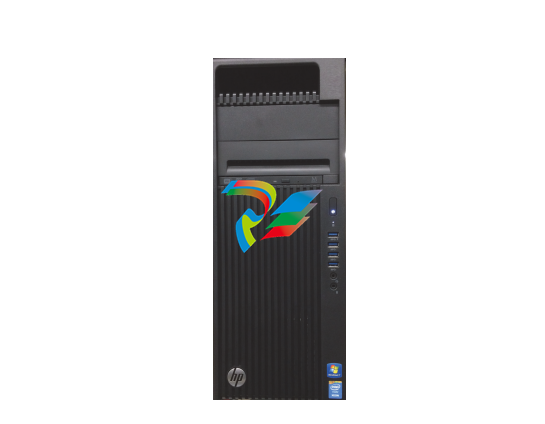
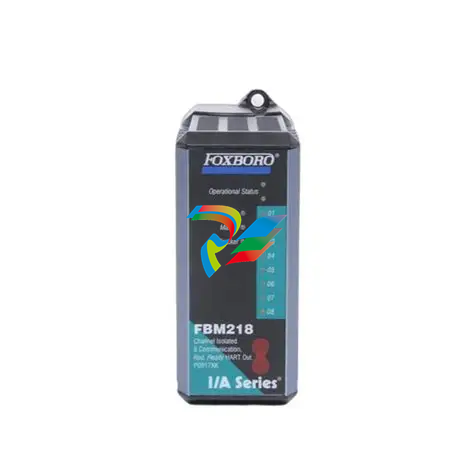
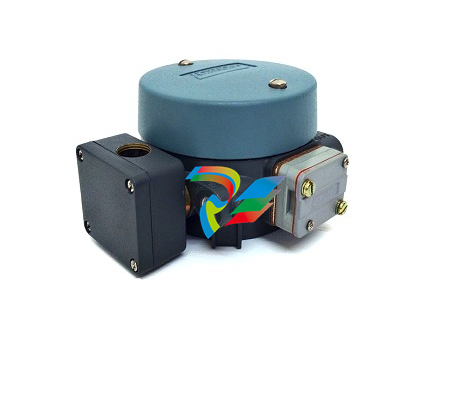
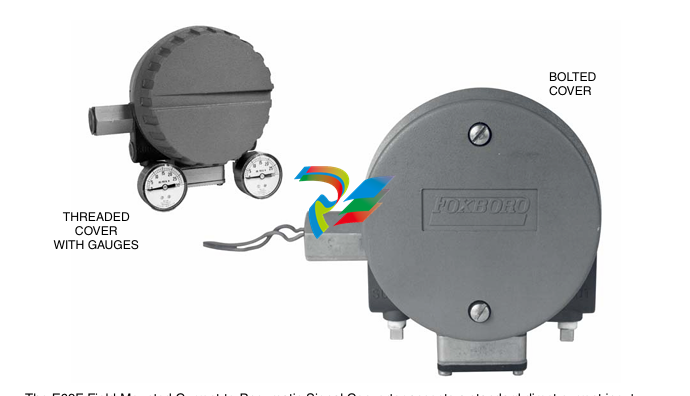
.jpg)
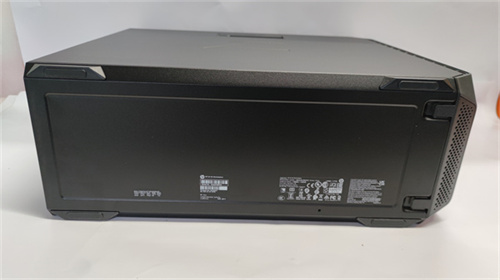
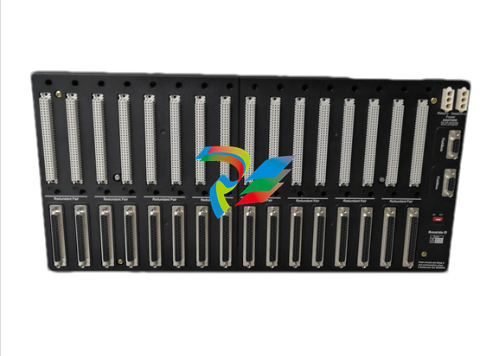
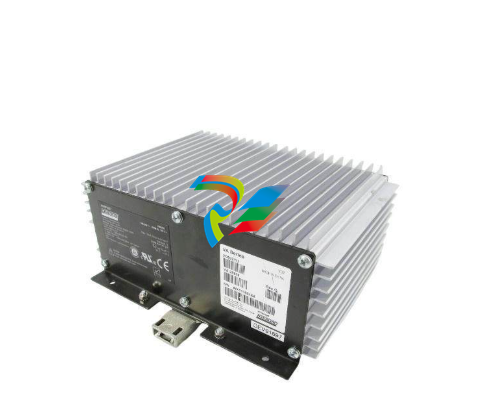
.png)
.jpg)
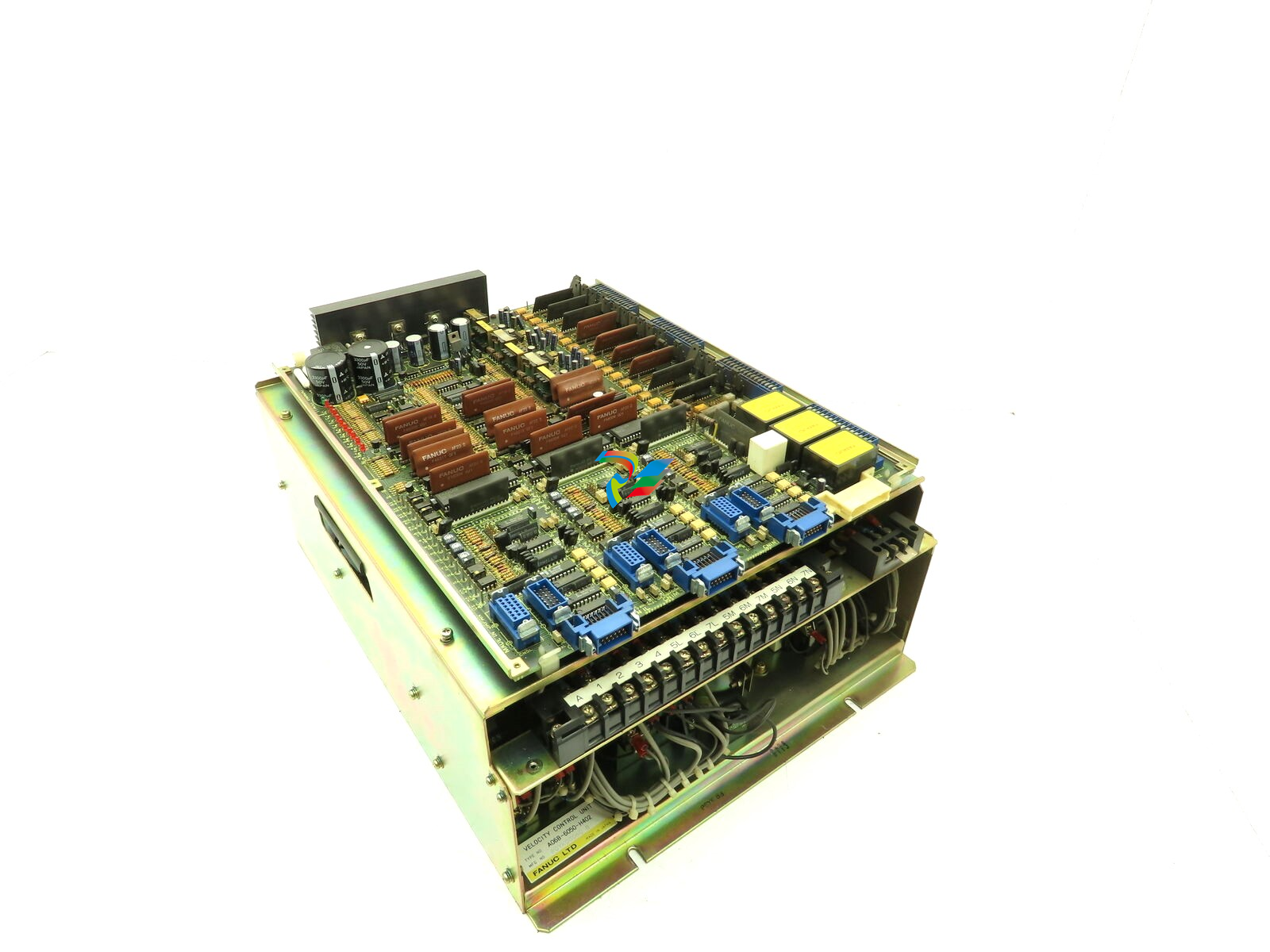
.jpg)
_lVjBYb.jpg)
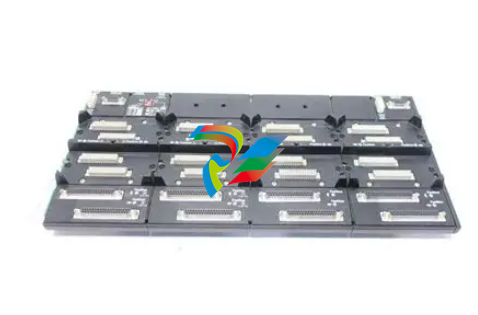
.jpg)
.jpg)
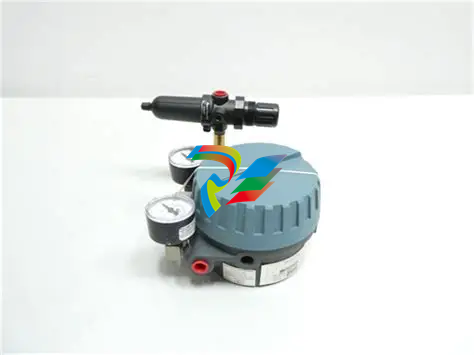
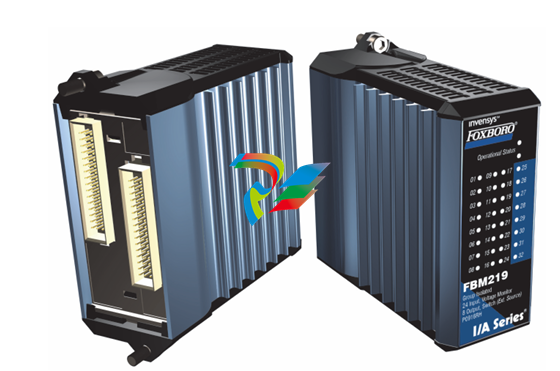
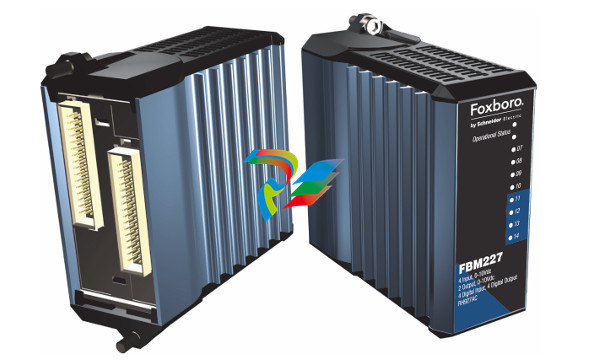
.jpg)
.jpg)
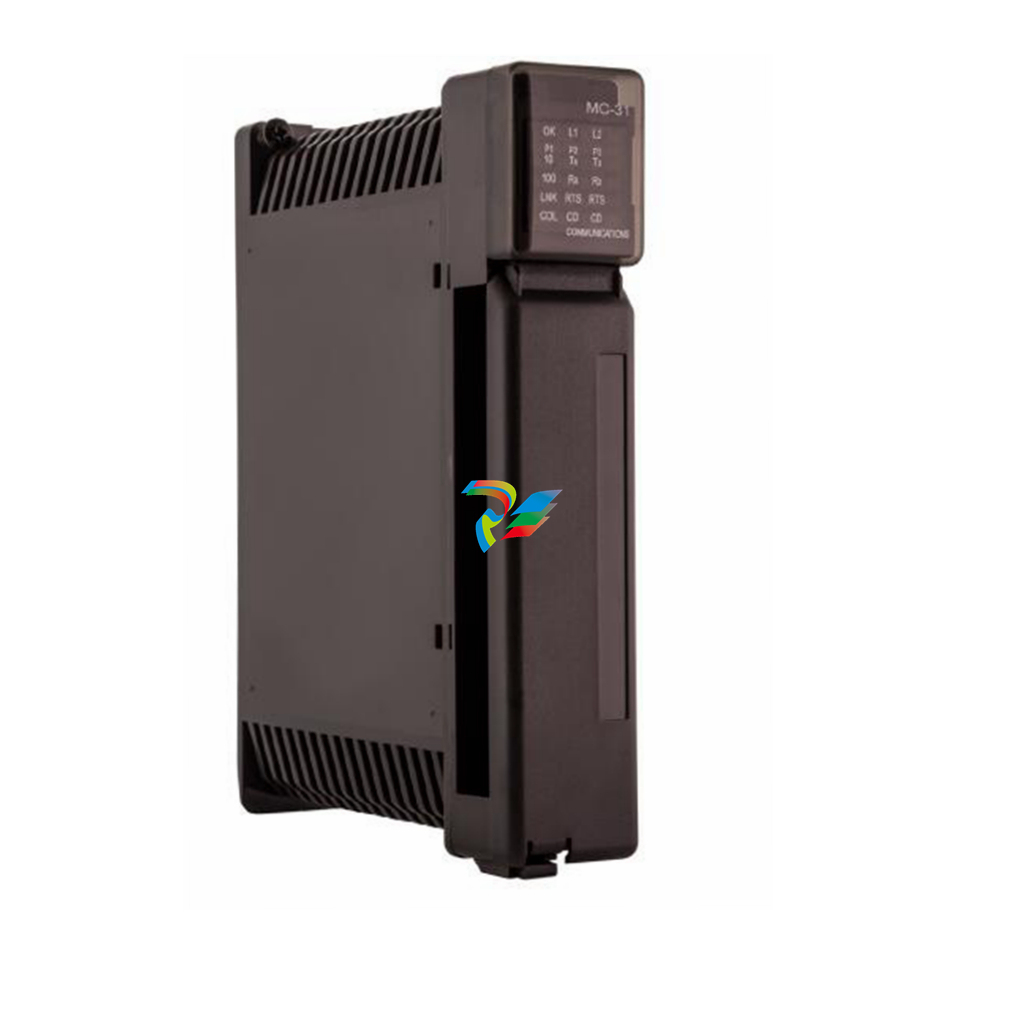
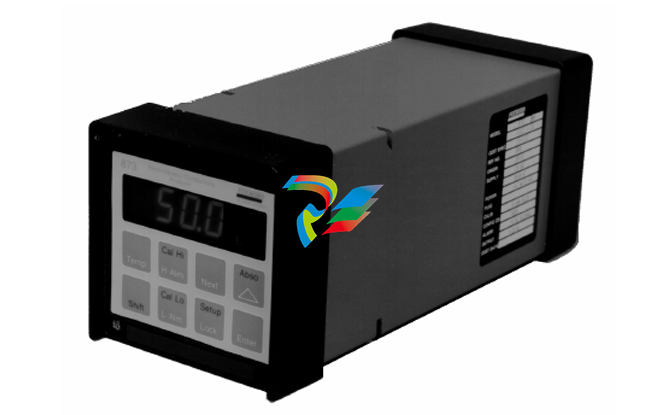
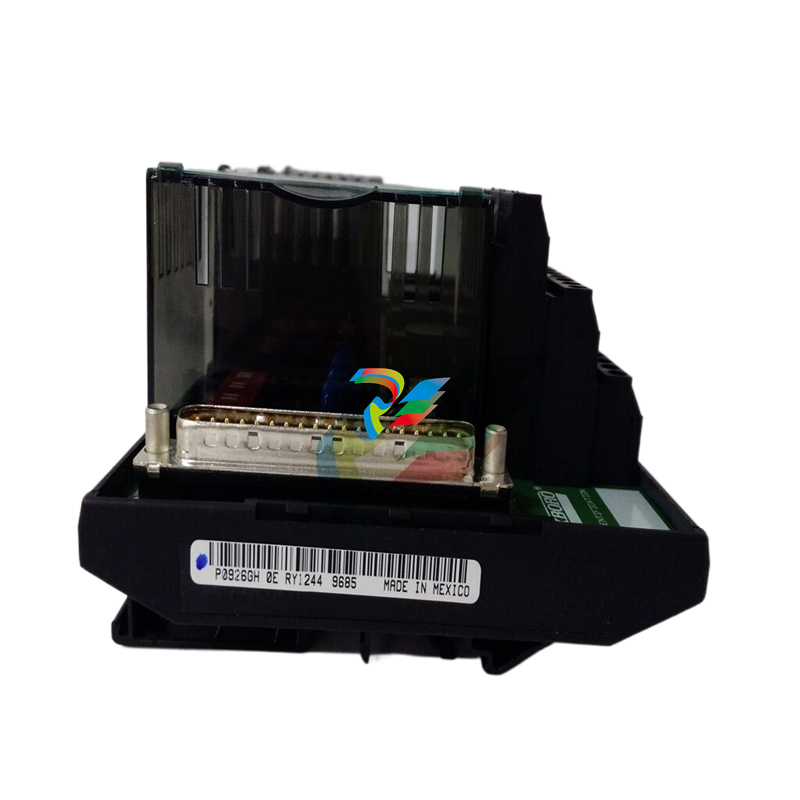
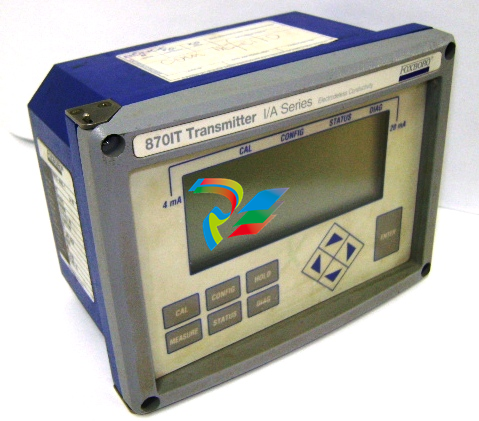
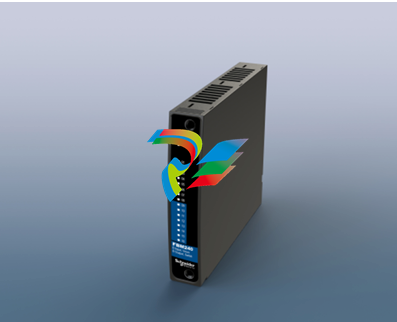
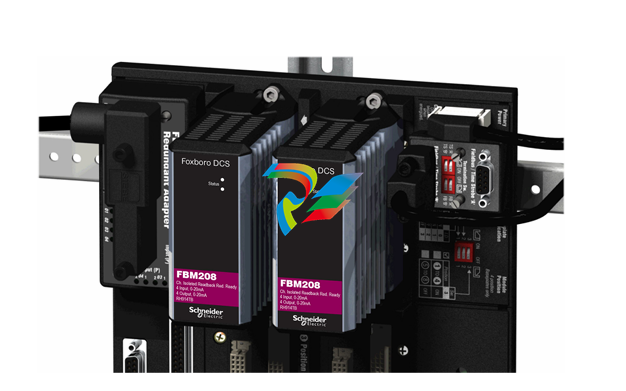
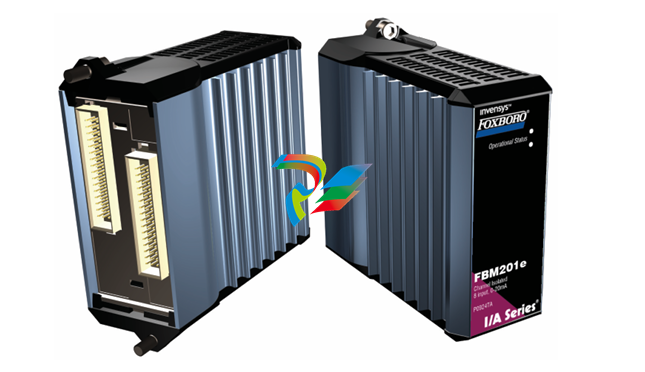
.jpg)
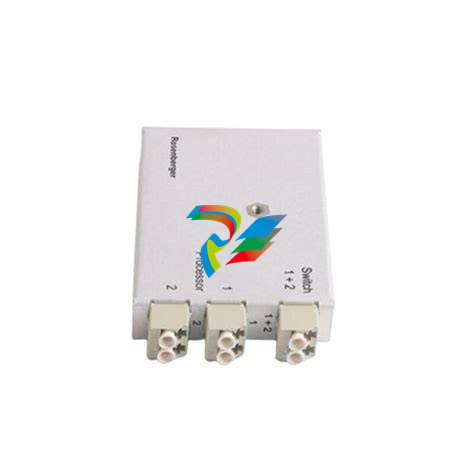
.jpg)
.jpg)
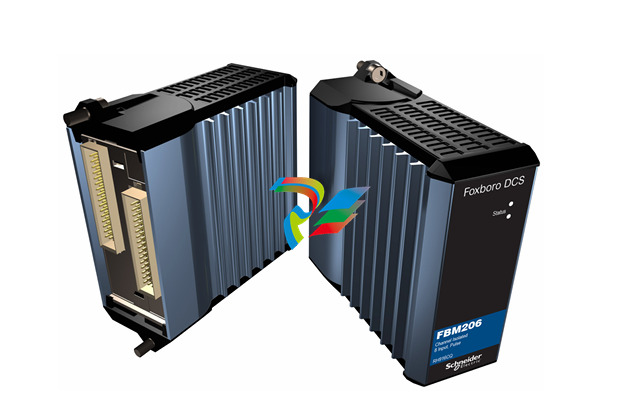
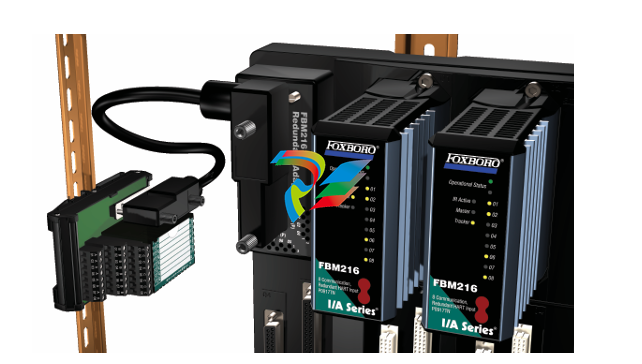
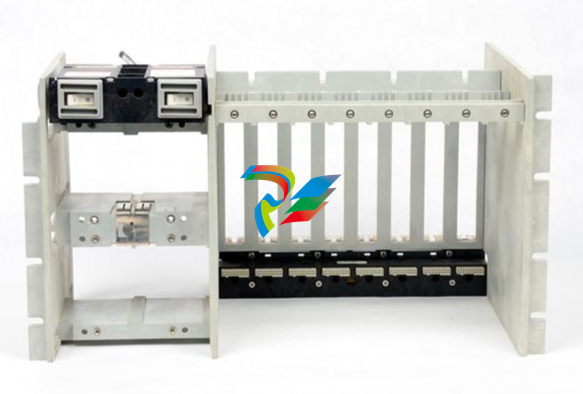
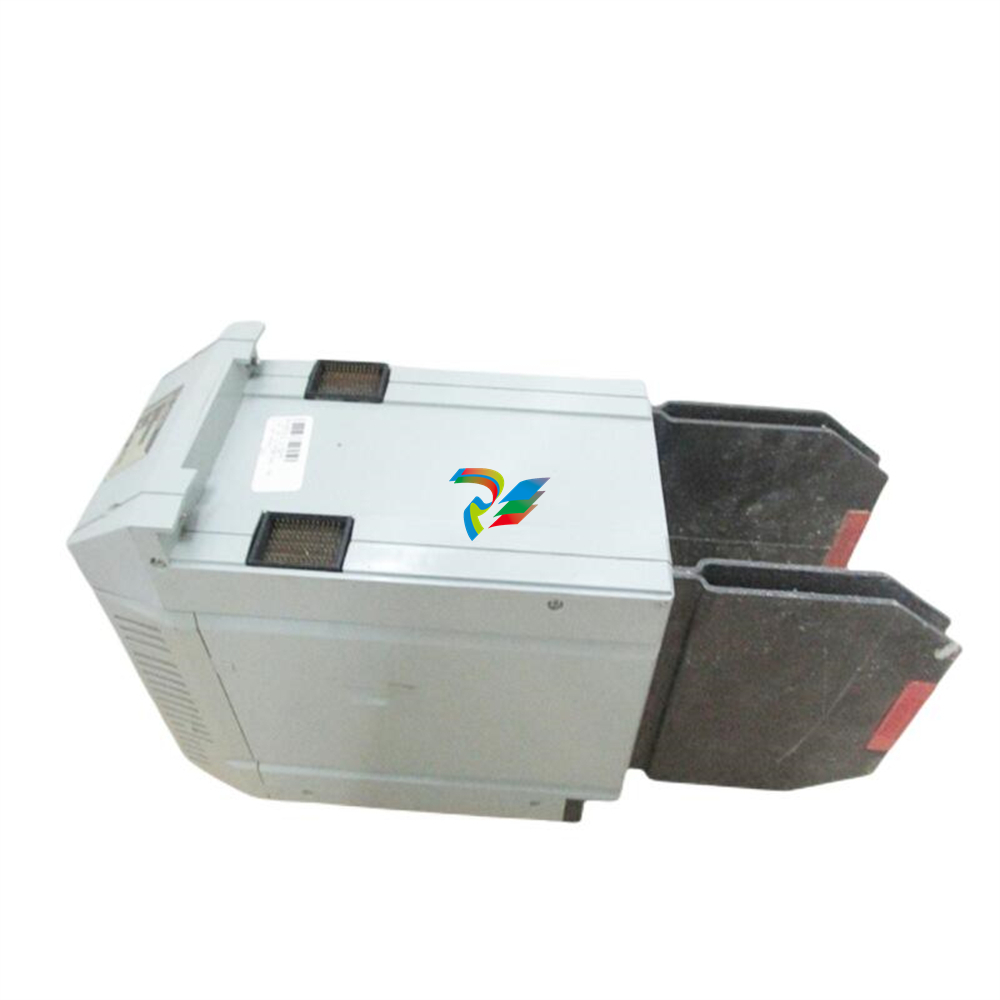
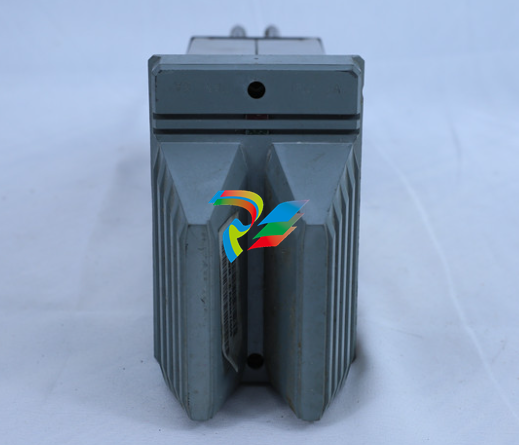
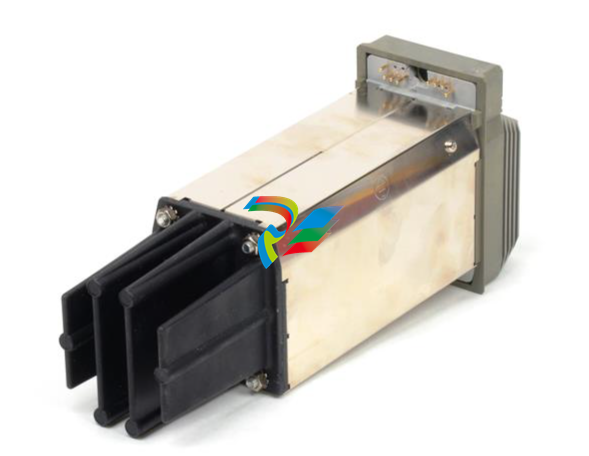
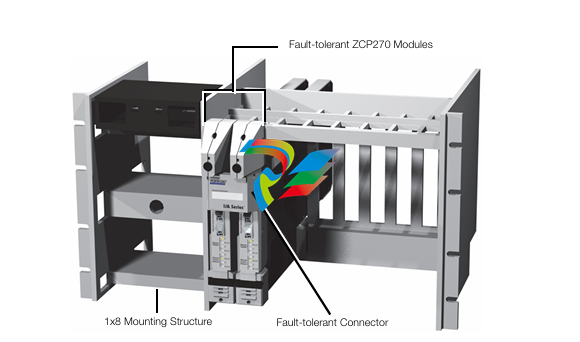
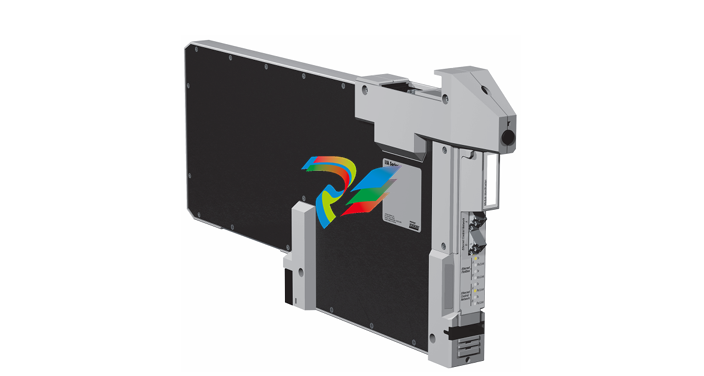
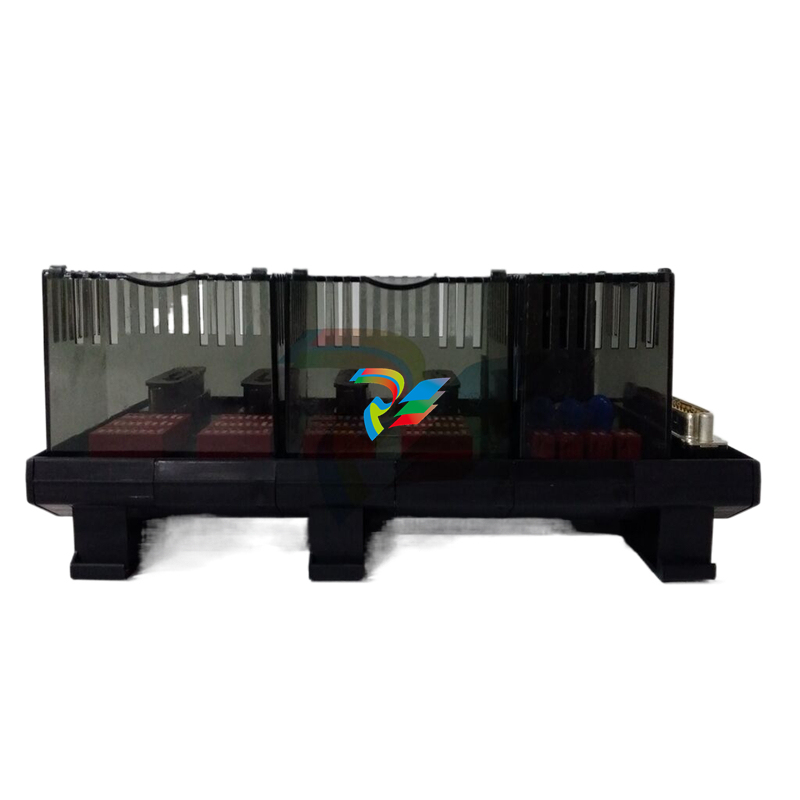
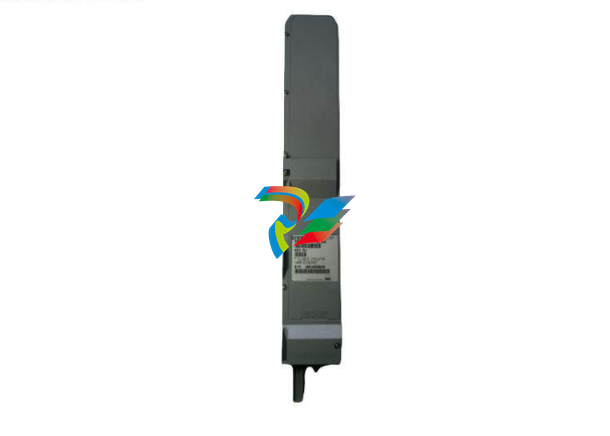
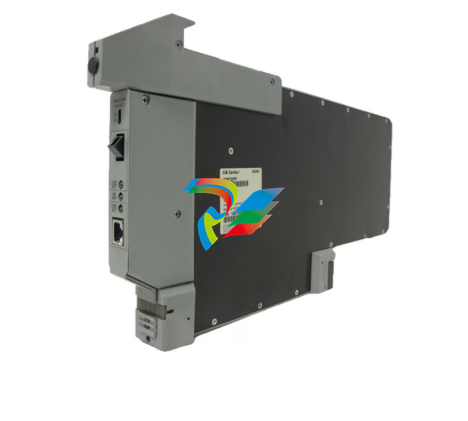
.jpg)
